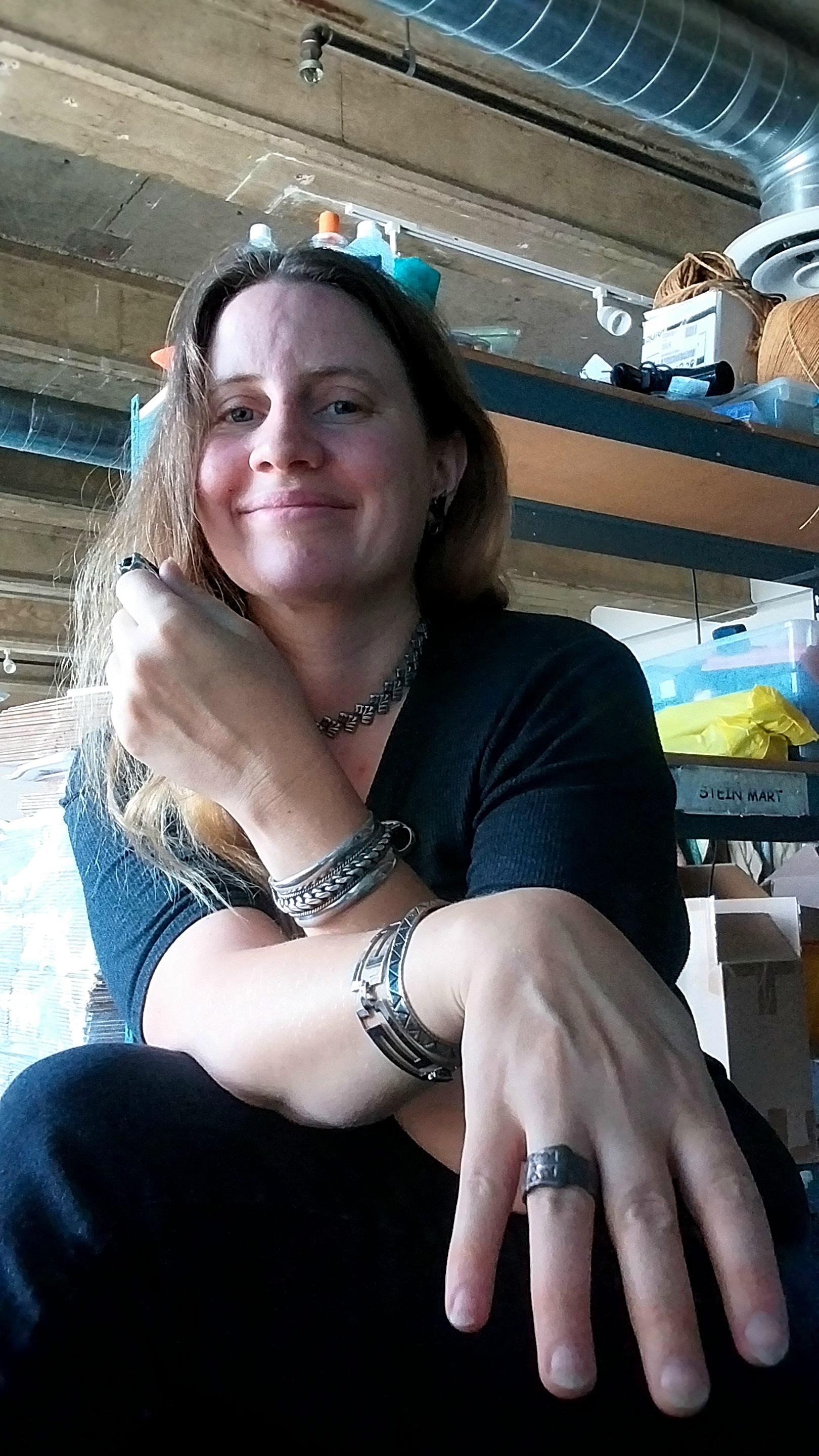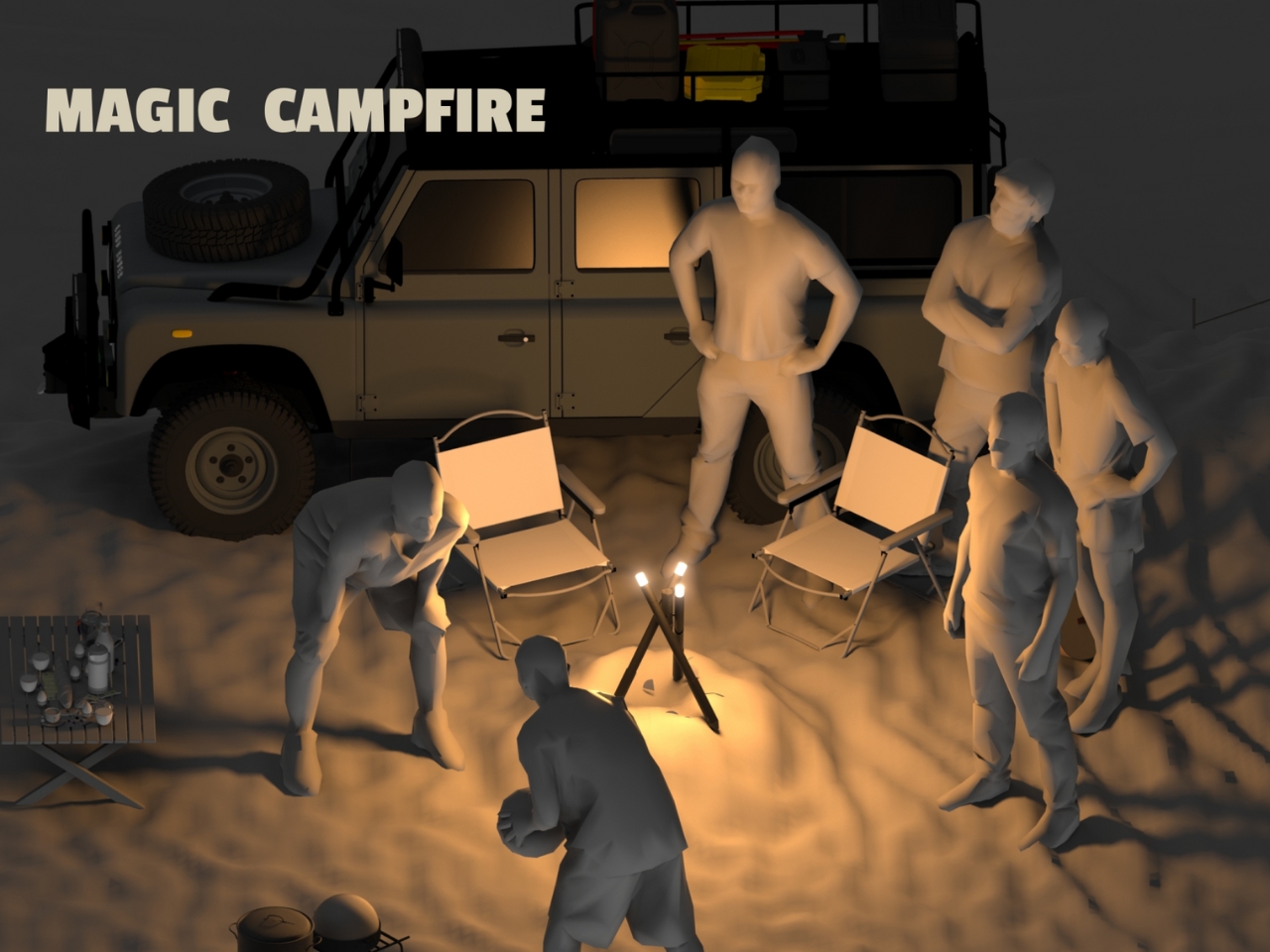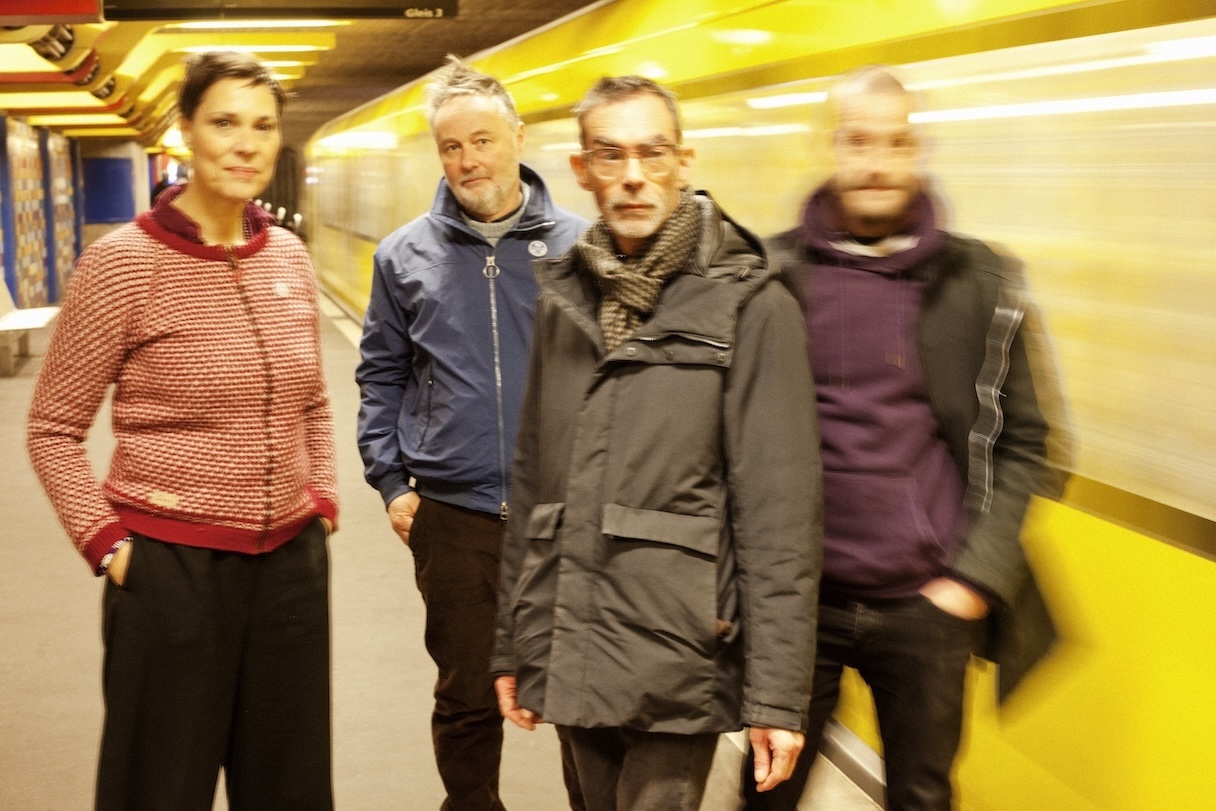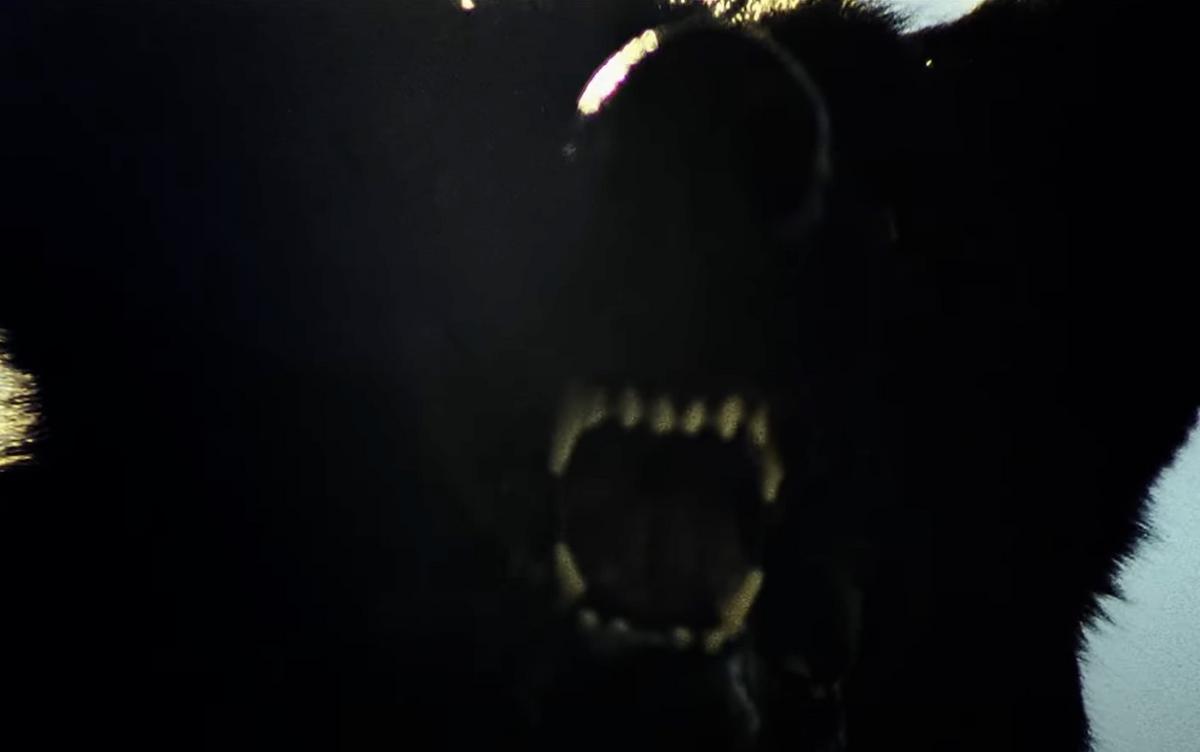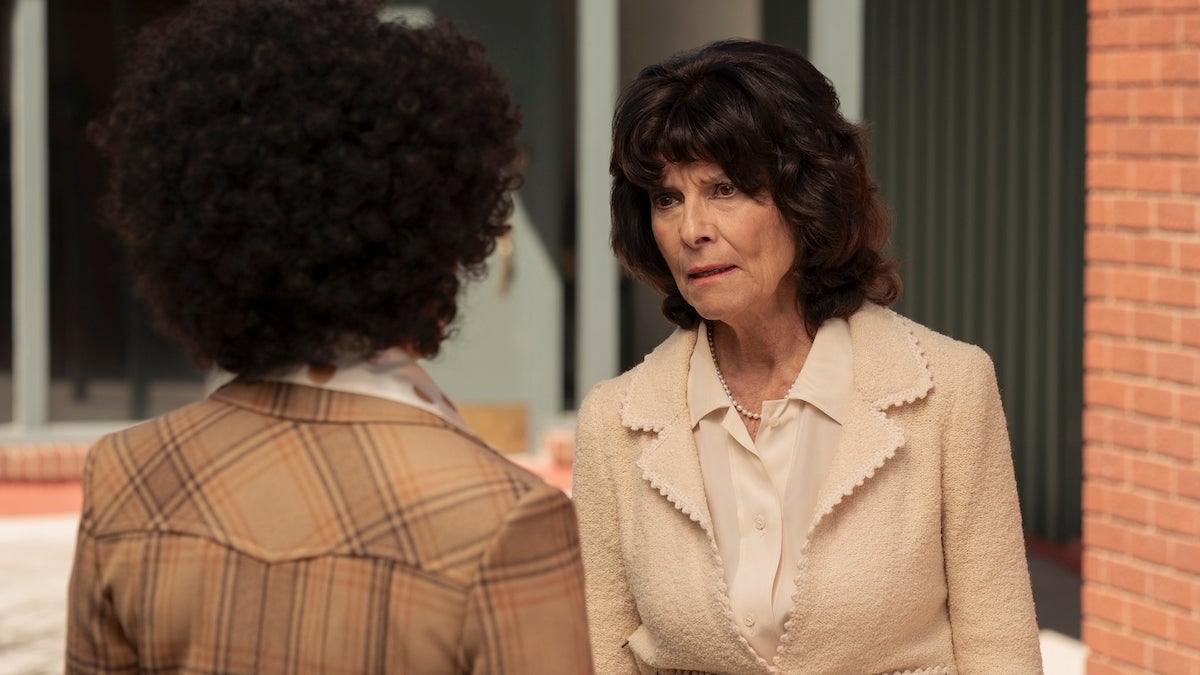How Did 'The Twilight Zone' Adapt a Bible Story Into a Popular Episode?
There's just something about Rod Serling's voice that sends chills down my spine and also makes me lean in at the same time. The Twilight Zone is one of those shows that never ages. It's a timeless journey into many different stories, and it takes inspiration from all over the globe and sometimes in outer space. But one episode, I think, does something really fun. It actually adapts a Bible story into a futuristic science fiction story, and I think it holds a lot of lessons for writers. Let's dive in. Digging into "Probe 7, Over and Out"Originally aired in 1963, the episode, penned by Serling himself, transports viewers to a desolate, alien planet. Here, astronaut Colonel Adam Cook, portrayed by Richard Basehart, finds himself stranded after his spacecraft, Probe 7, crash-lands. With his ship irreparably damaged and his home world on the brink of nuclear annihilation, Cook faces a future of profound isolation.His solitude is broken by the arrival of another castaway – a strikingly human-like alien woman named Eve Norda, played by Antoinette Bower. She, too, is the sole survivor of her own planet's demise. Despite the language barrier, a connection forms between them, built on shared loss and the instinct for survival.Not to spoil the ending of the episode, but these two characters then find a fertile, garden-like area, that parallels to the Book of Genesis. But in this fun adaptation, it takes a twist and becomes a strict dramatization. Cook introduces himself as Adam, and Norda reveals her name to be Eve. And the episode ends with Eve offering Adam an apple. Rod Serling's iconic closing narration suggests they are heading towards a new Eden, with this alien world being a nascent Earth.So, the twist is that this is the real story of Adam and Eve, who were not emissaries of God but space travelers who crash-landed on Earth to start a new world. So, What Are the Lessons Here? The Bible is a really long book with a lot of stories. It's totally worth going in there and mining what's there for strict adaptation or to put some unique spin on it. The Twilight Zone played with the concept of God creating life on this Earth and spun it on its head. But you could easily do this with any of the big, popular stories. You could use the characters to themes and bend them to your will. They're great IP, and they can be changed and manipulated for anything, as long as you have a point of view and an idea of how you're going to subvert audiences. Let me know what you think in the comments.


There's just something about Rod Serling's voice that sends chills down my spine and also makes me lean in at the same time.
The Twilight Zone is one of those shows that never ages. It's a timeless journey into many different stories, and it takes inspiration from all over the globe and sometimes in outer space.
But one episode, I think, does something really fun. It actually adapts a Bible story into a futuristic science fiction story, and I think it holds a lot of lessons for writers.
Let's dive in.
Digging into "Probe 7, Over and Out"
Originally aired in 1963, the episode, penned by Serling himself, transports viewers to a desolate, alien planet. Here, astronaut Colonel Adam Cook, portrayed by Richard Basehart, finds himself stranded after his spacecraft, Probe 7, crash-lands. With his ship irreparably damaged and his home world on the brink of nuclear annihilation, Cook faces a future of profound isolation.
His solitude is broken by the arrival of another castaway – a strikingly human-like alien woman named Eve Norda, played by Antoinette Bower. She, too, is the sole survivor of her own planet's demise. Despite the language barrier, a connection forms between them, built on shared loss and the instinct for survival.
Not to spoil the ending of the episode, but these two characters then find a fertile, garden-like area, that parallels to the Book of Genesis.
But in this fun adaptation, it takes a twist and becomes a strict dramatization.
Cook introduces himself as Adam, and Norda reveals her name to be Eve. And the episode ends with Eve offering Adam an apple.
Rod Serling's iconic closing narration suggests they are heading towards a new Eden, with this alien world being a nascent Earth.
So, the twist is that this is the real story of Adam and Eve, who were not emissaries of God but space travelers who crash-landed on Earth to start a new world.
So, What Are the Lessons Here?
The Bible is a really long book with a lot of stories. It's totally worth going in there and mining what's there for strict adaptation or to put some unique spin on it.
The Twilight Zone played with the concept of God creating life on this Earth and spun it on its head. But you could easily do this with any of the big, popular stories.
You could use the characters to themes and bend them to your will. They're great IP, and they can be changed and manipulated for anything, as long as you have a point of view and an idea of how you're going to subvert audiences.
Let me know what you think in the comments.





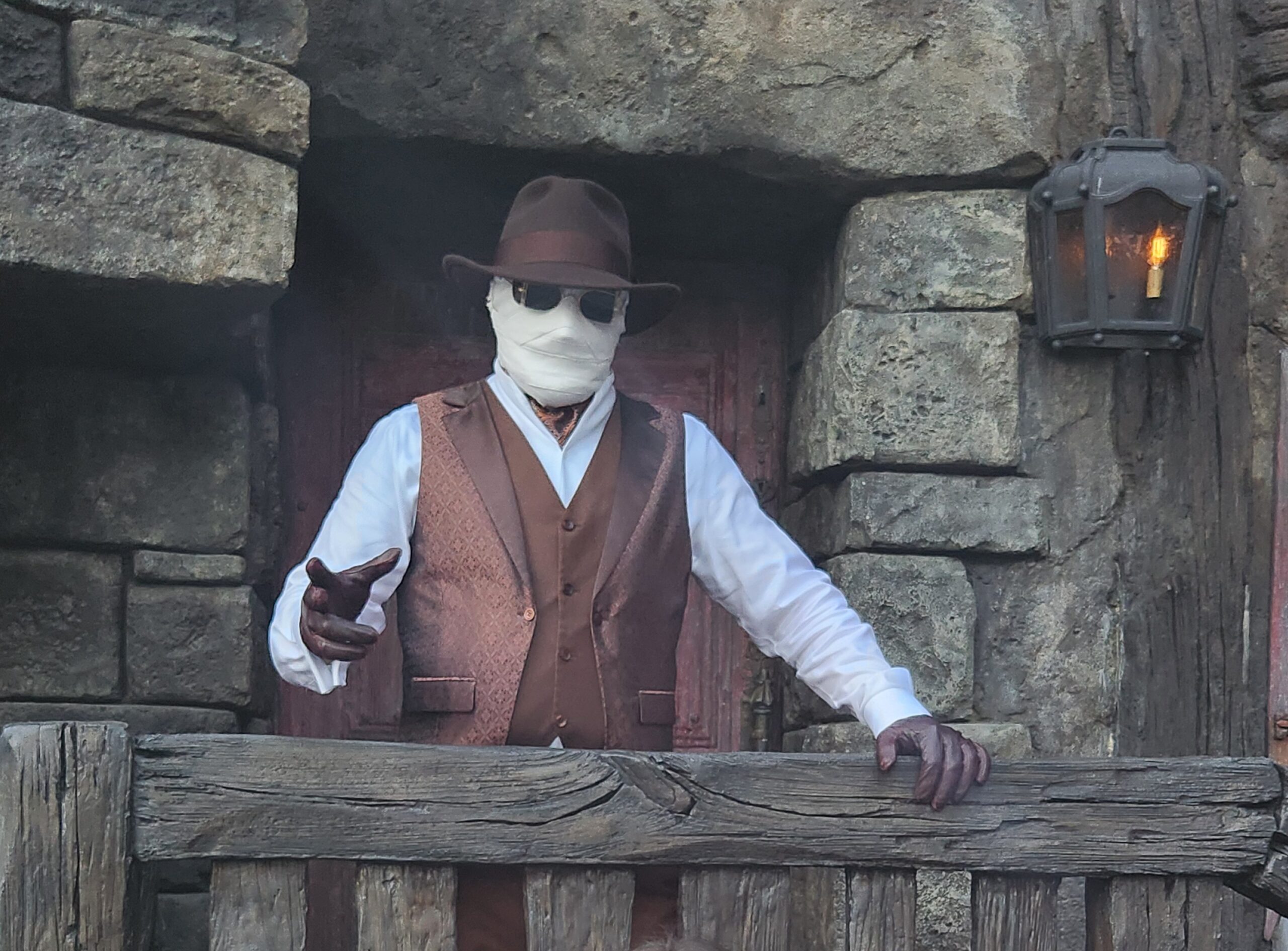

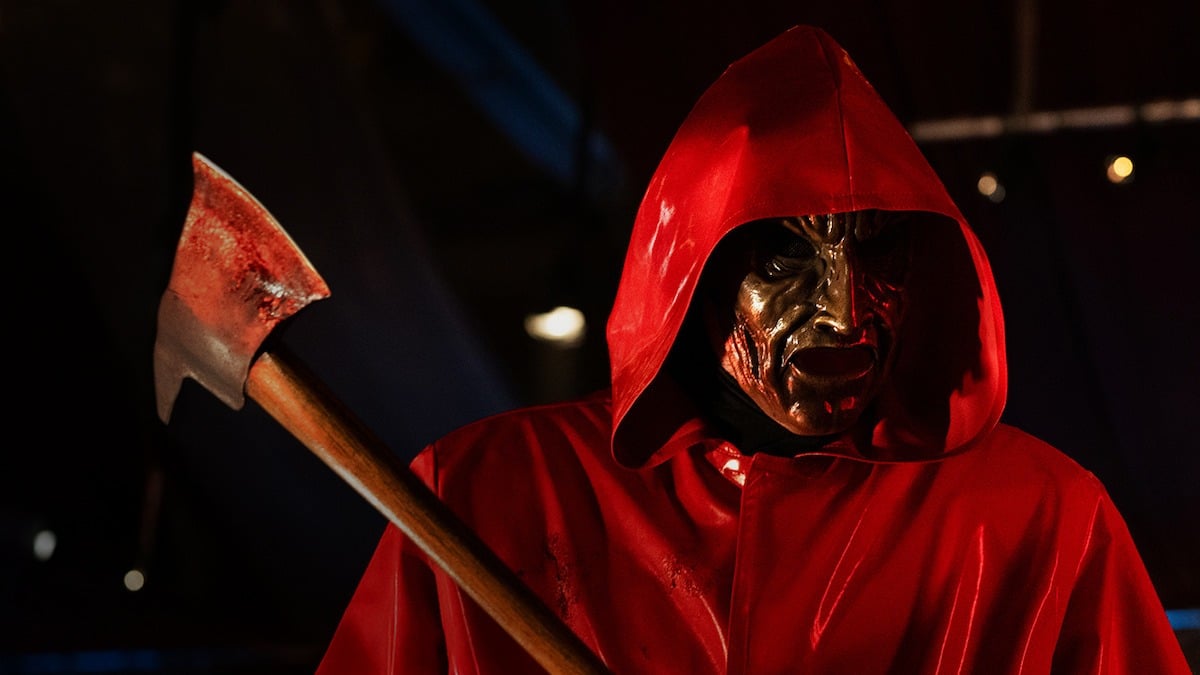












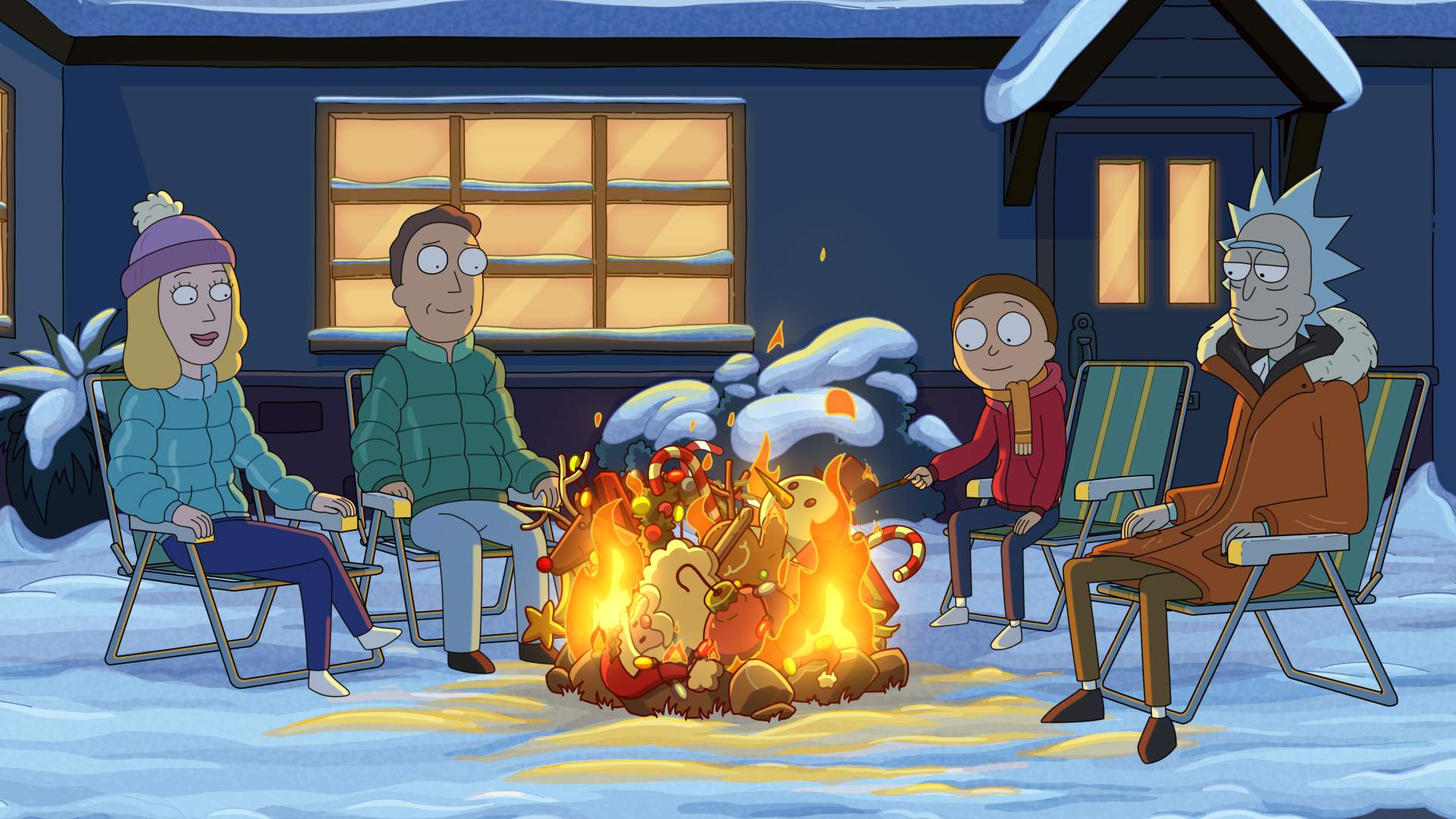

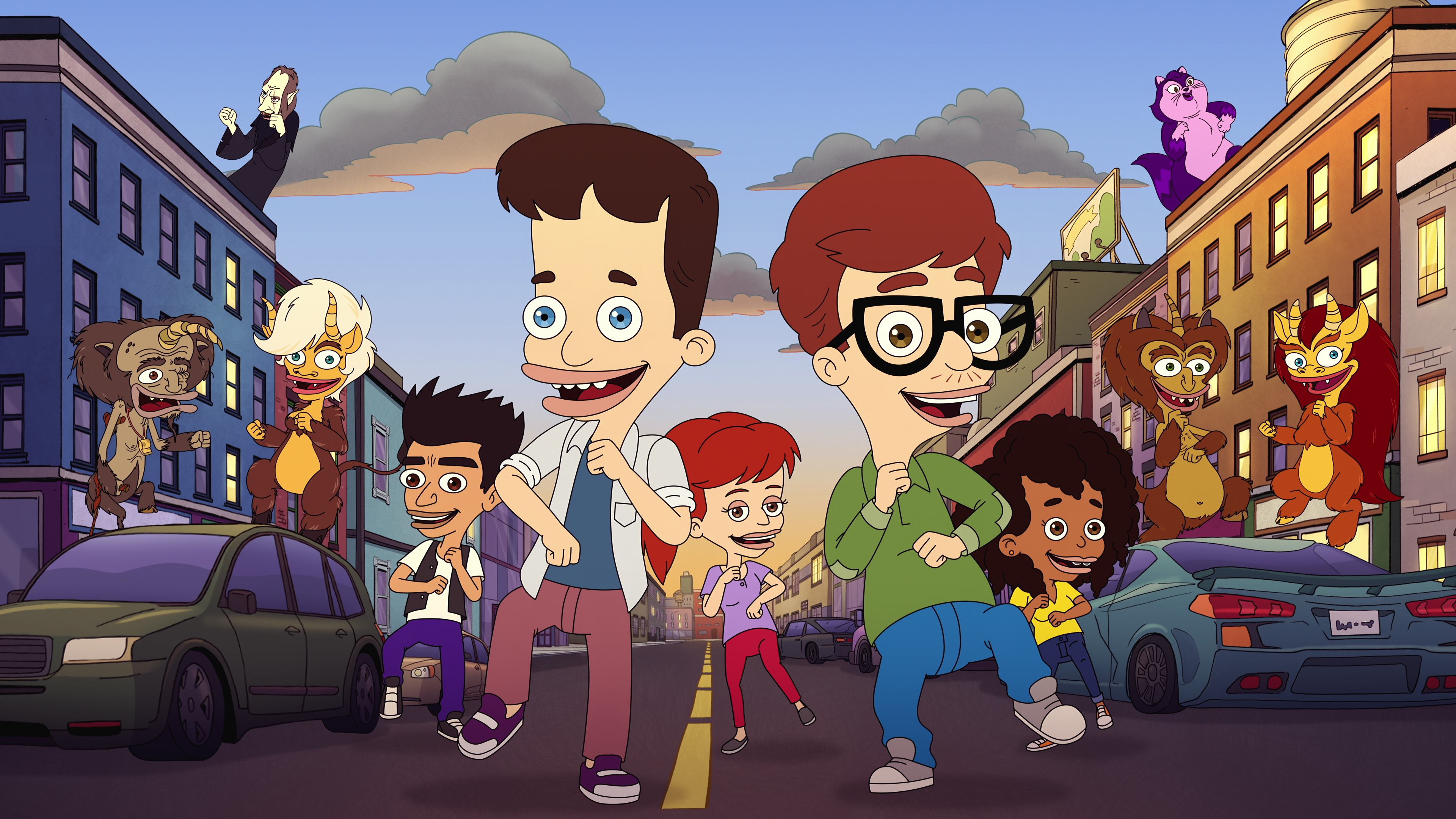






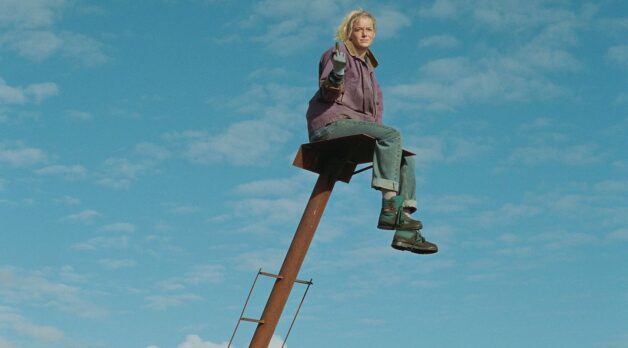
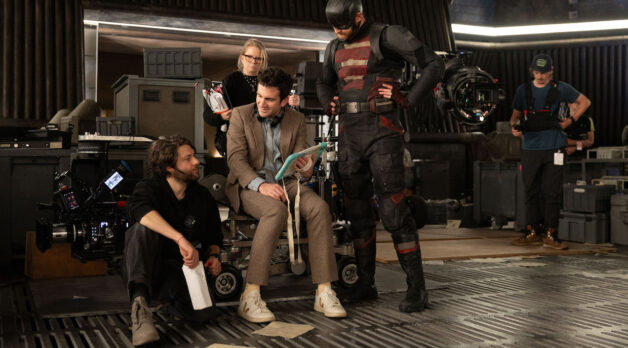




















![Fascinating Rhythms [M]](https://jonathanrosenbaum.net/wp-content/uploads/2011/04/m-fingerprint.jpg)
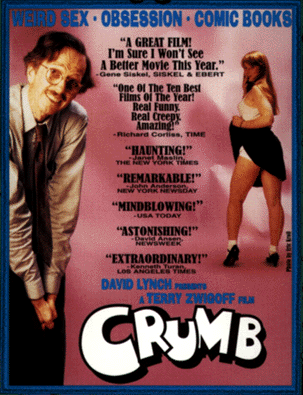
![Love and Politics [THE RUSSIA HOUSE & HAVANA]](https://jonathanrosenbaum.net/wp-content/uploads/2011/12/therussiahouse-big-300x239.jpg)

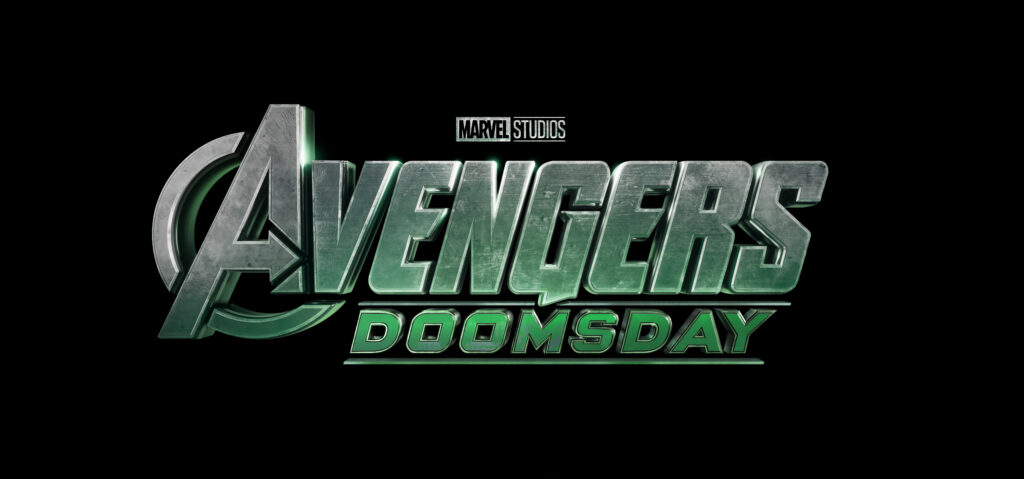
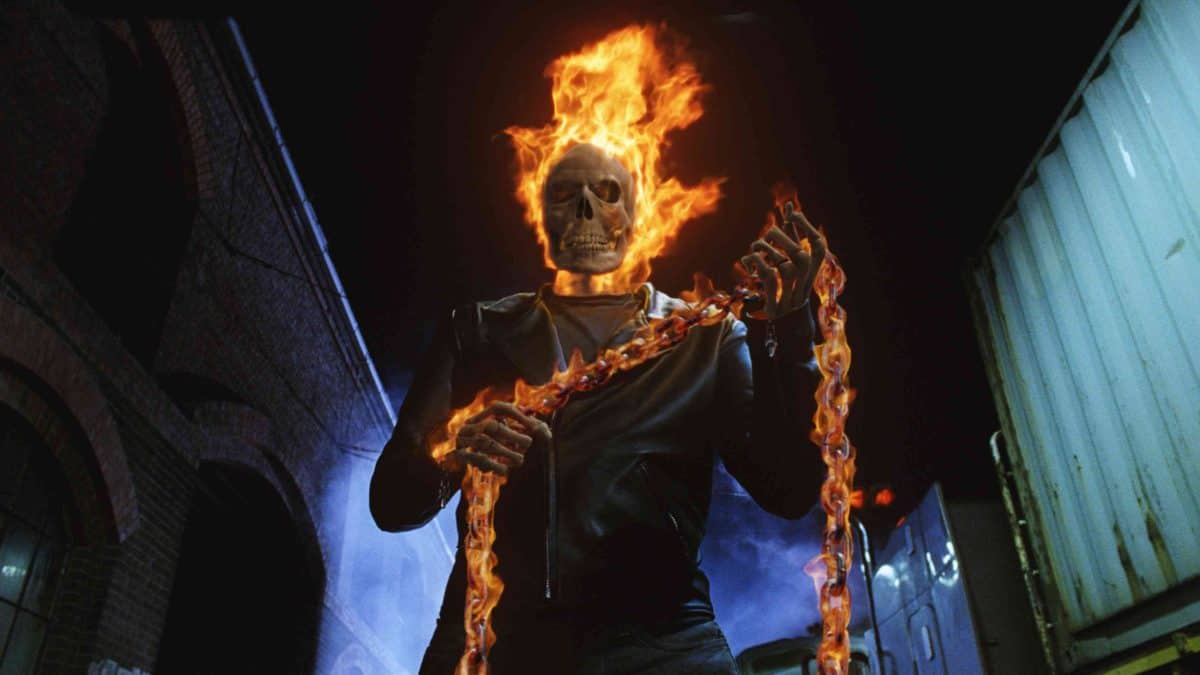


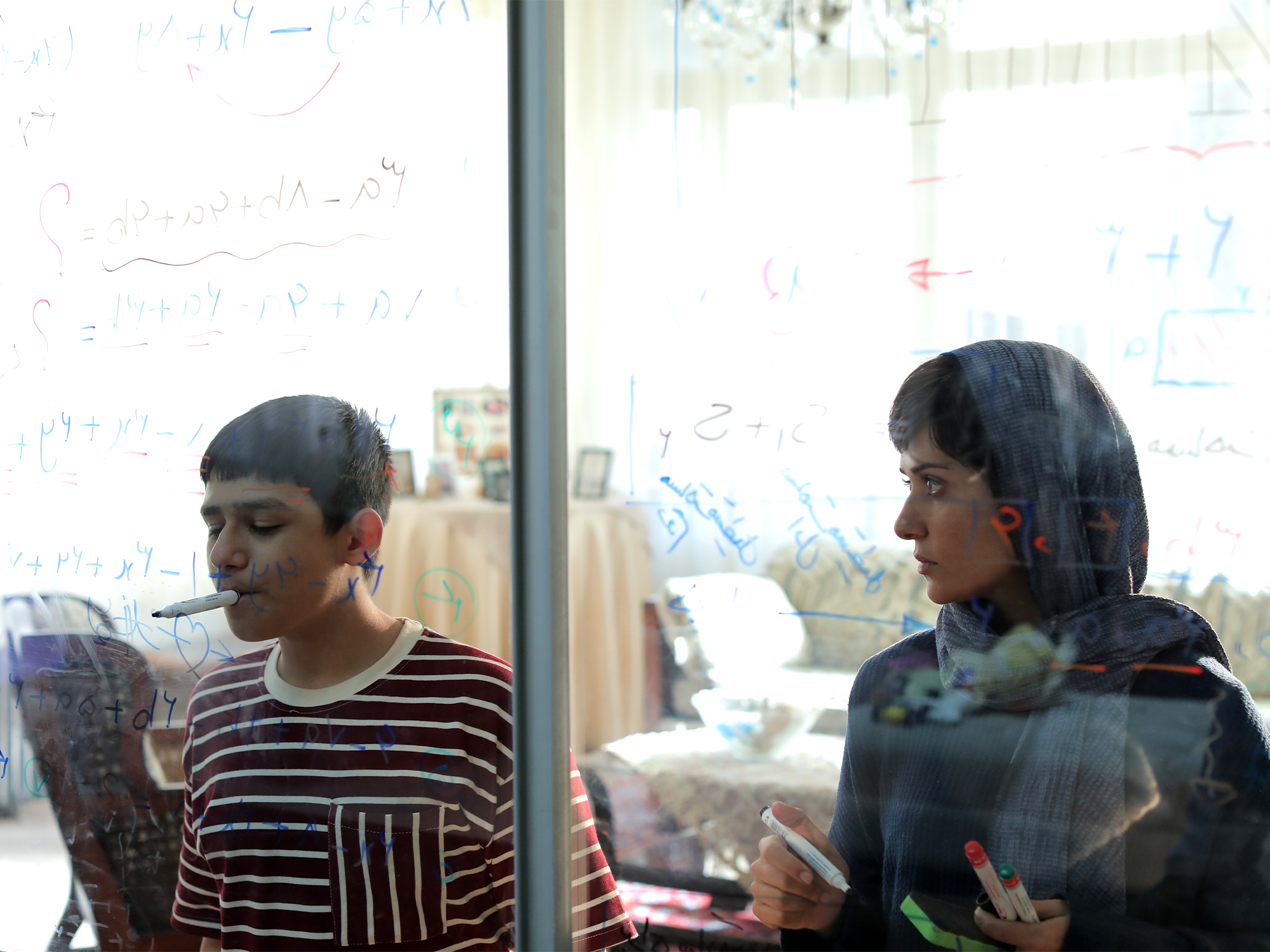











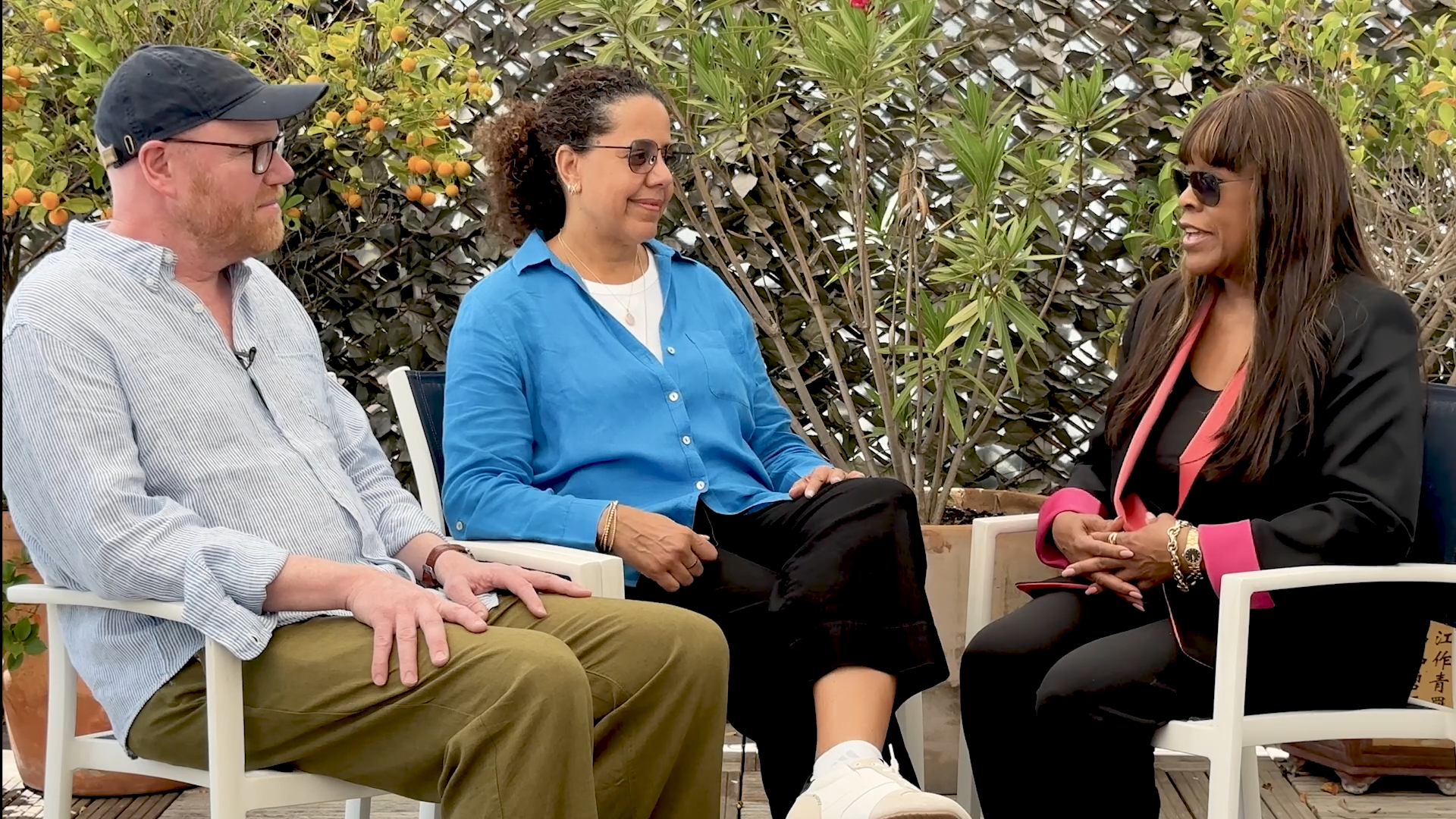
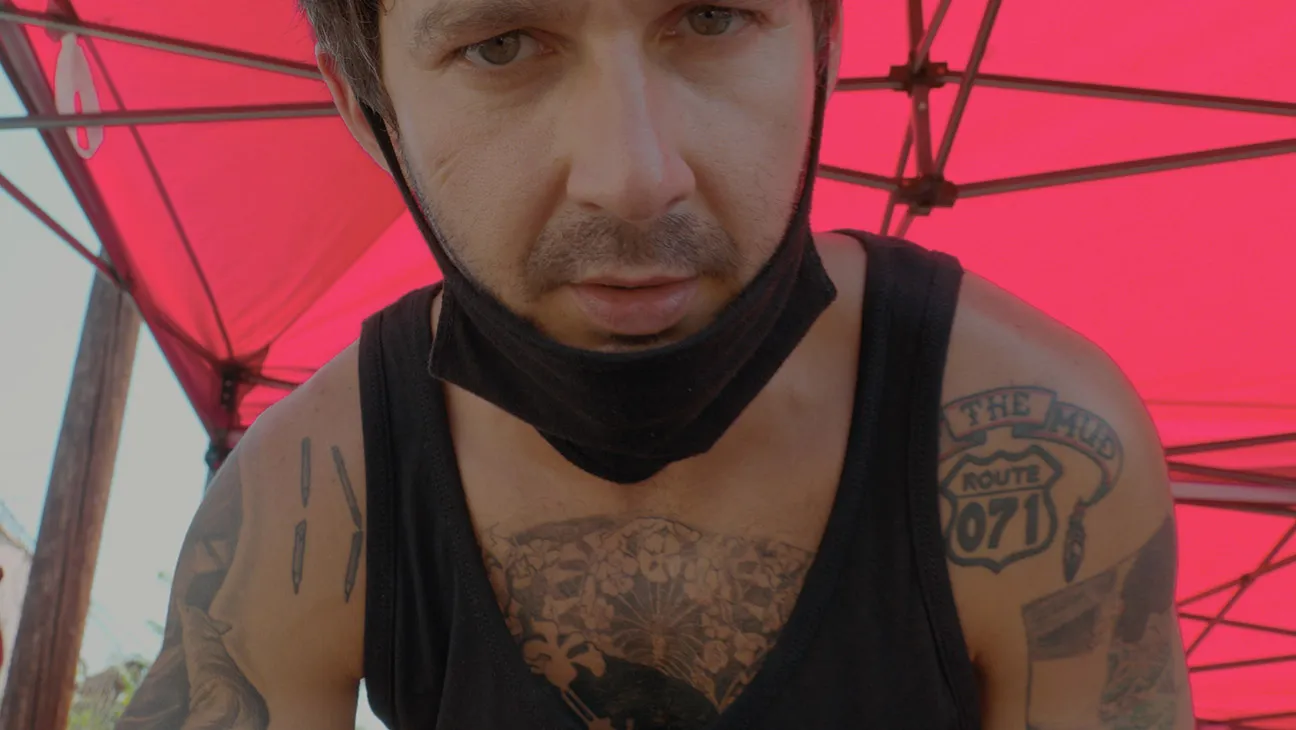
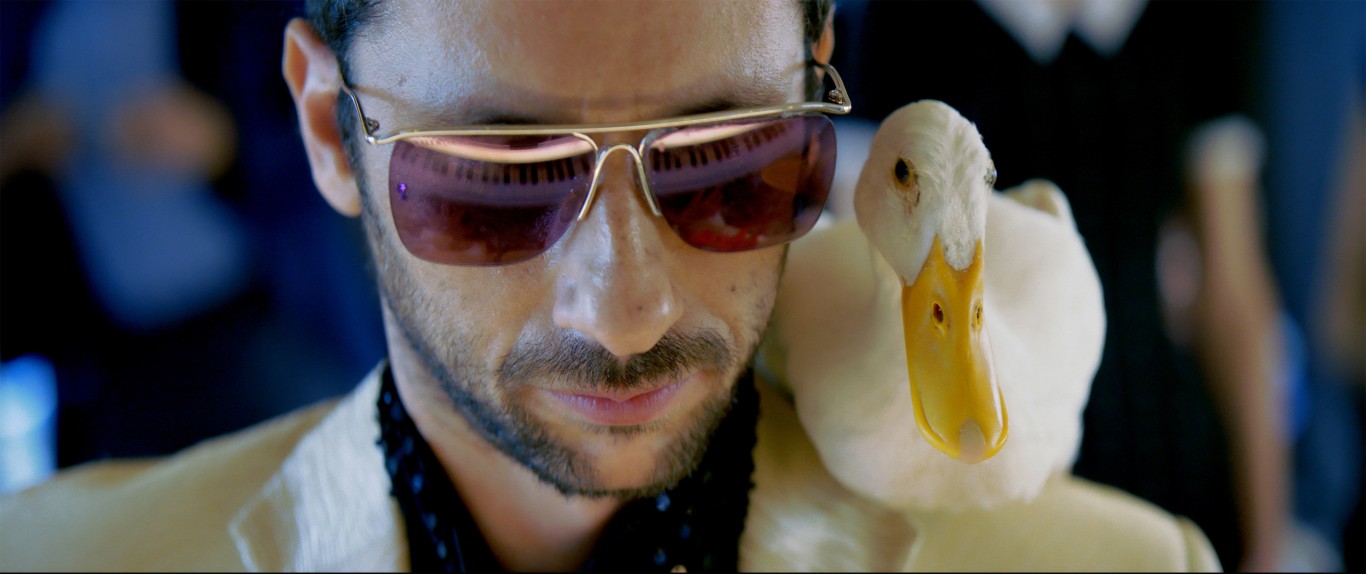



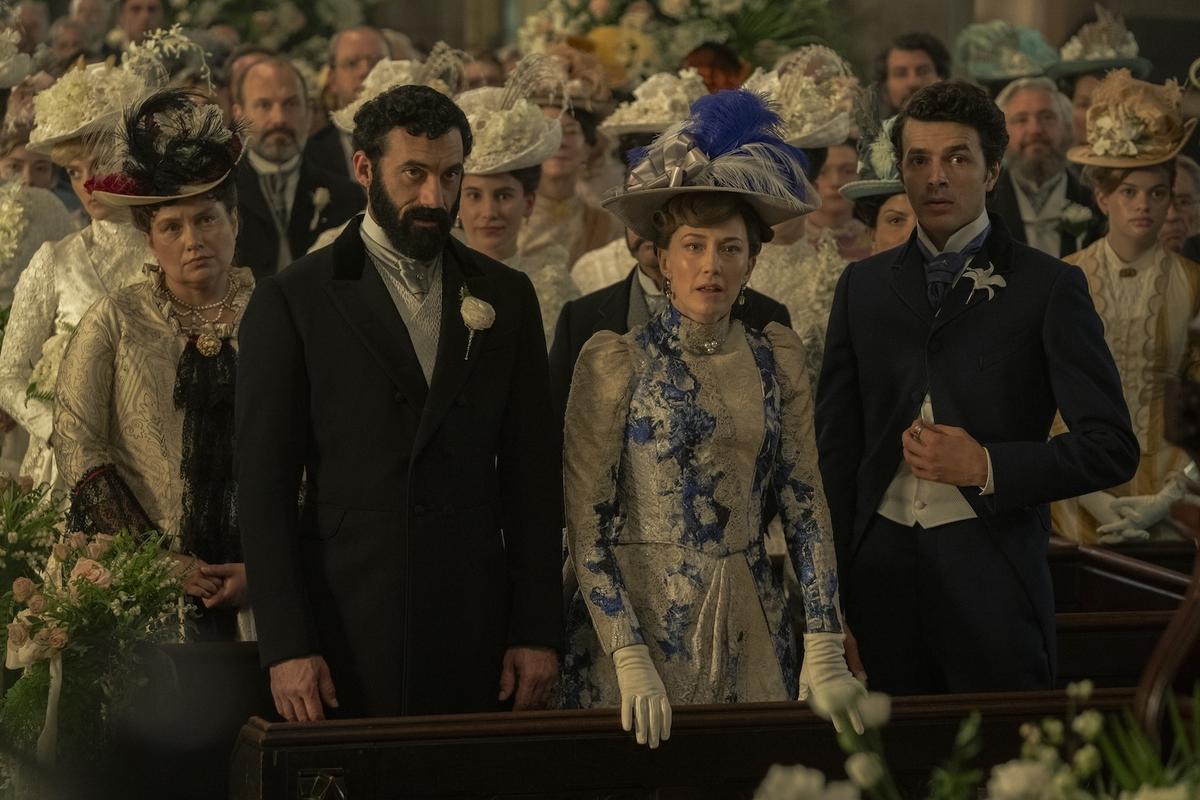
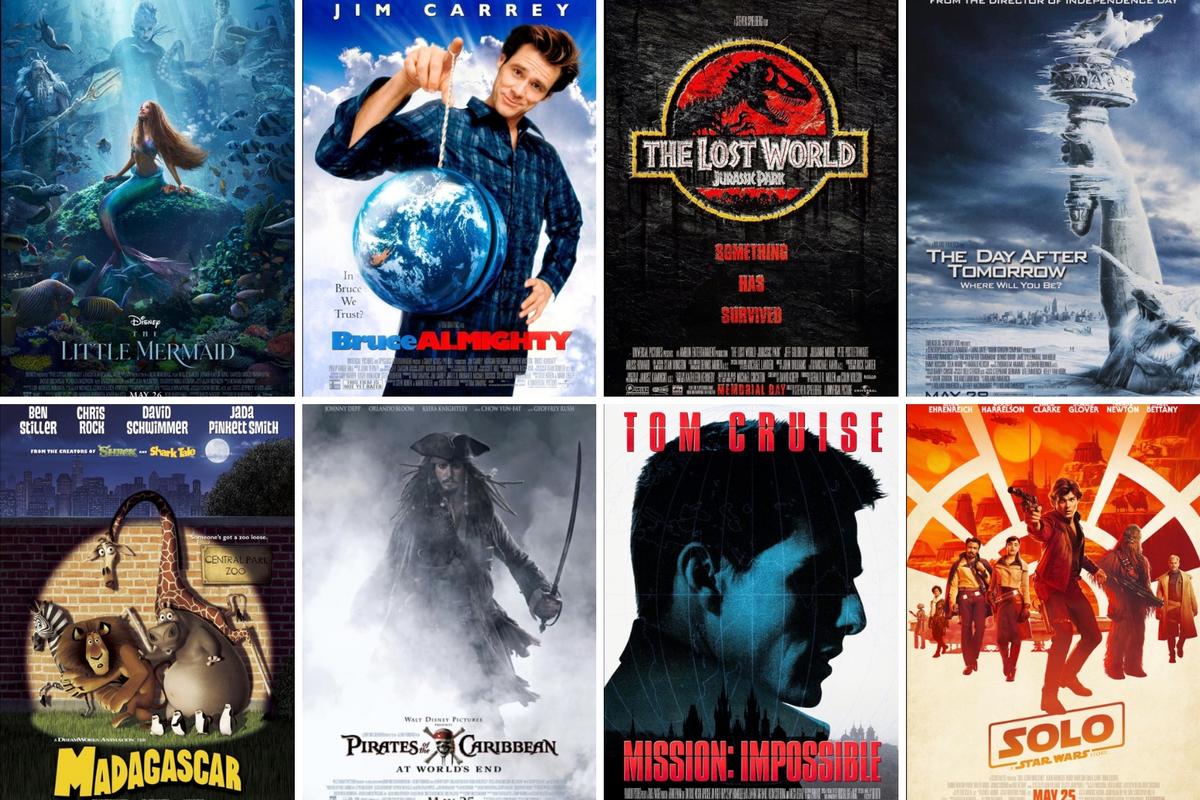
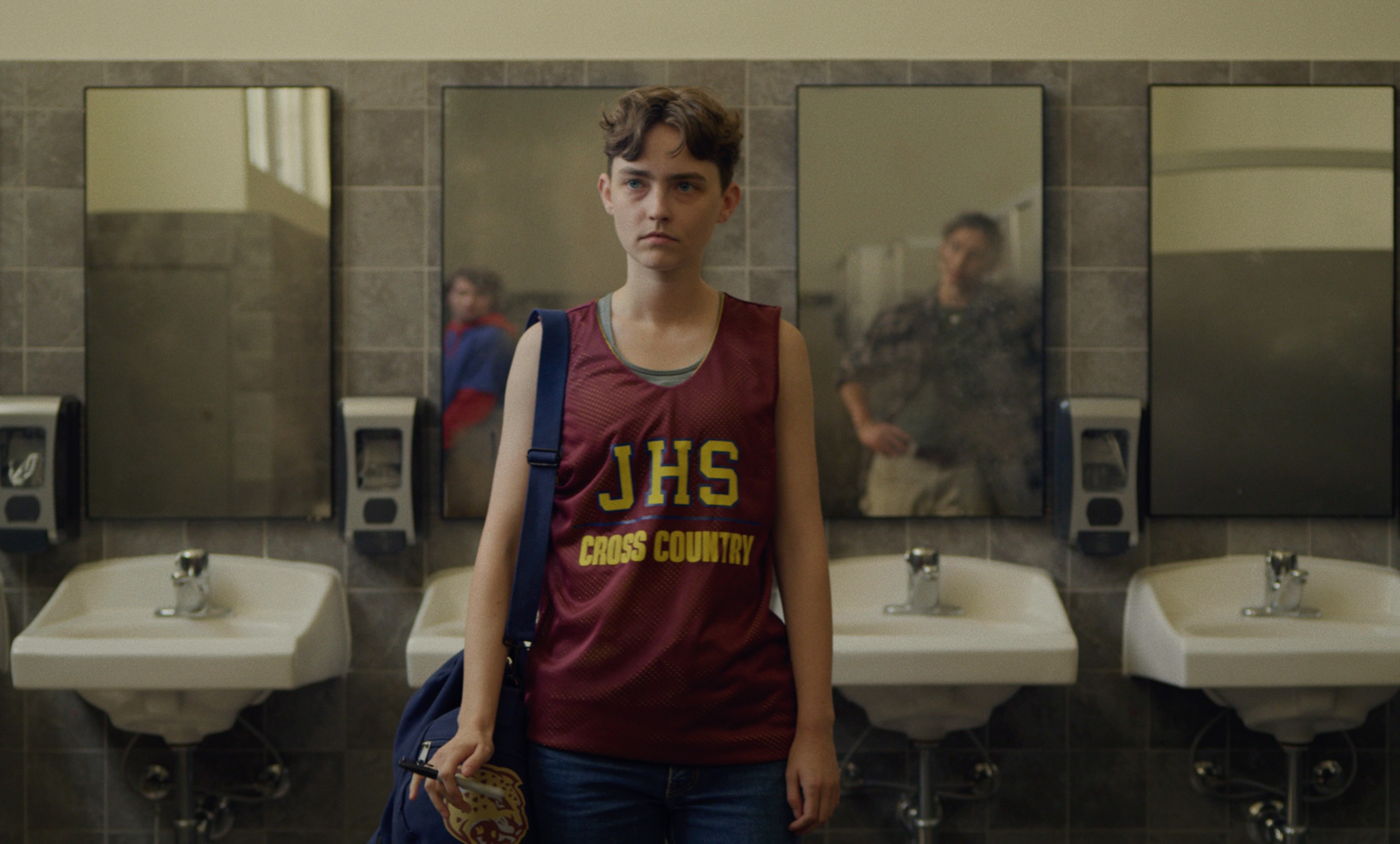


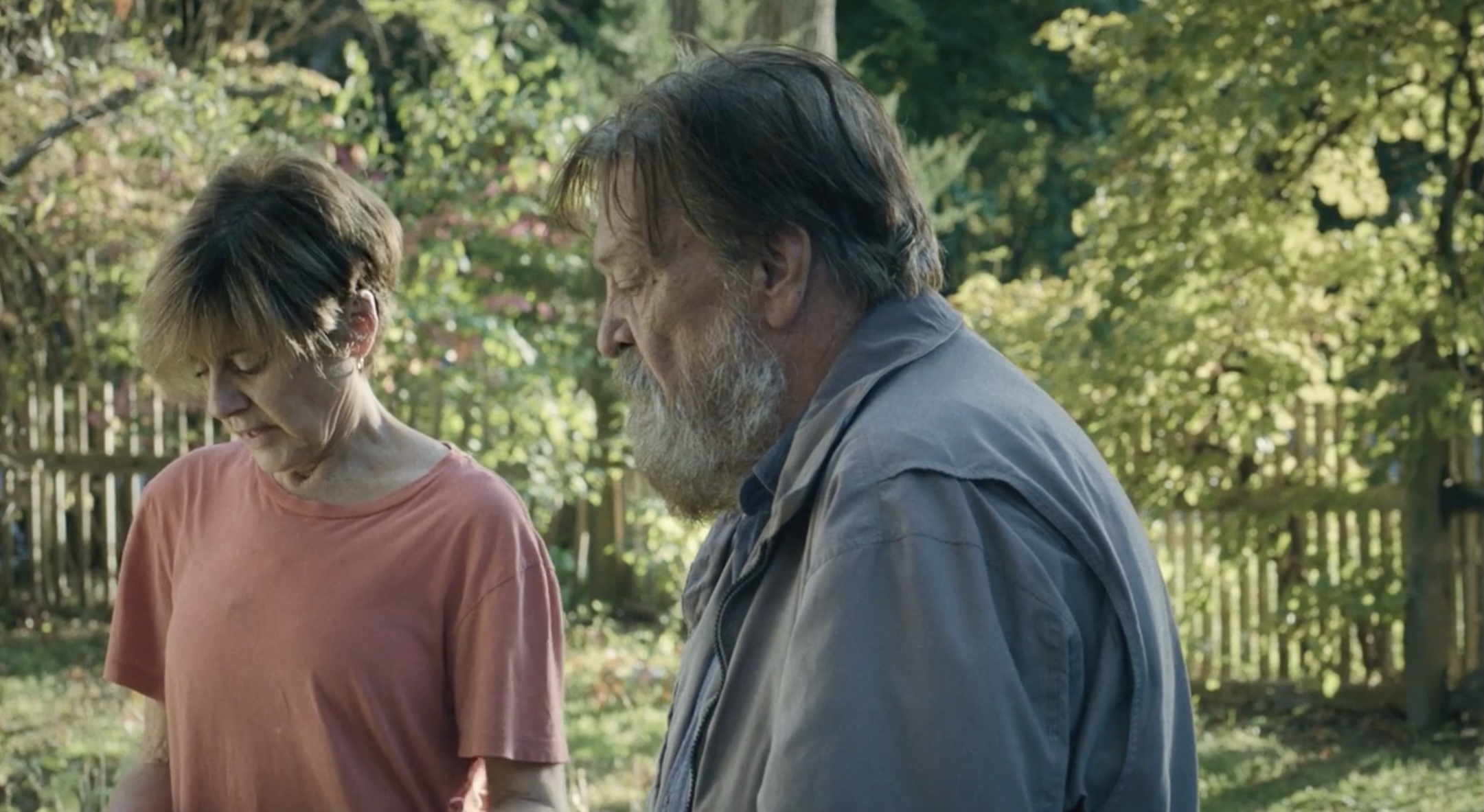
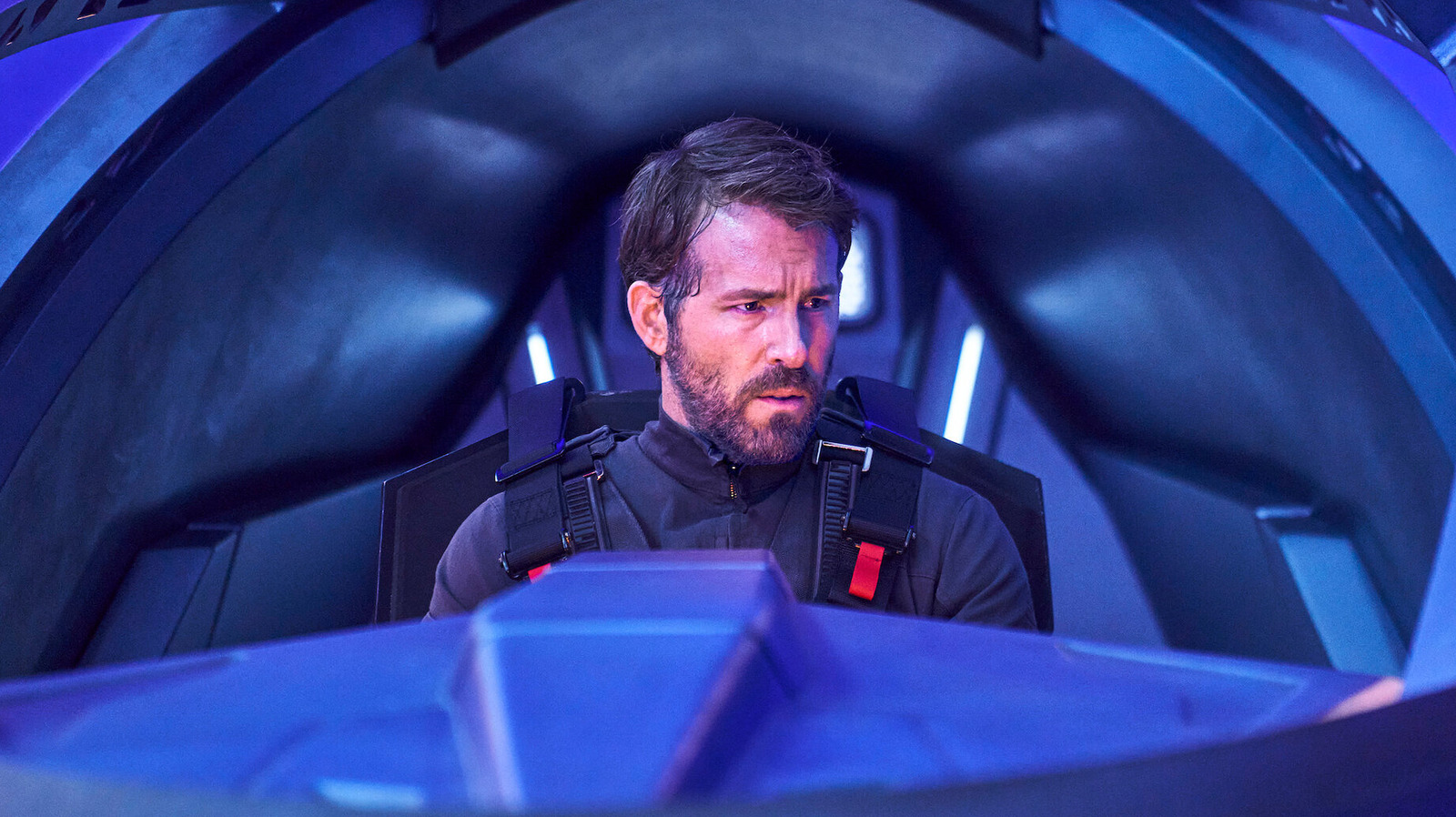
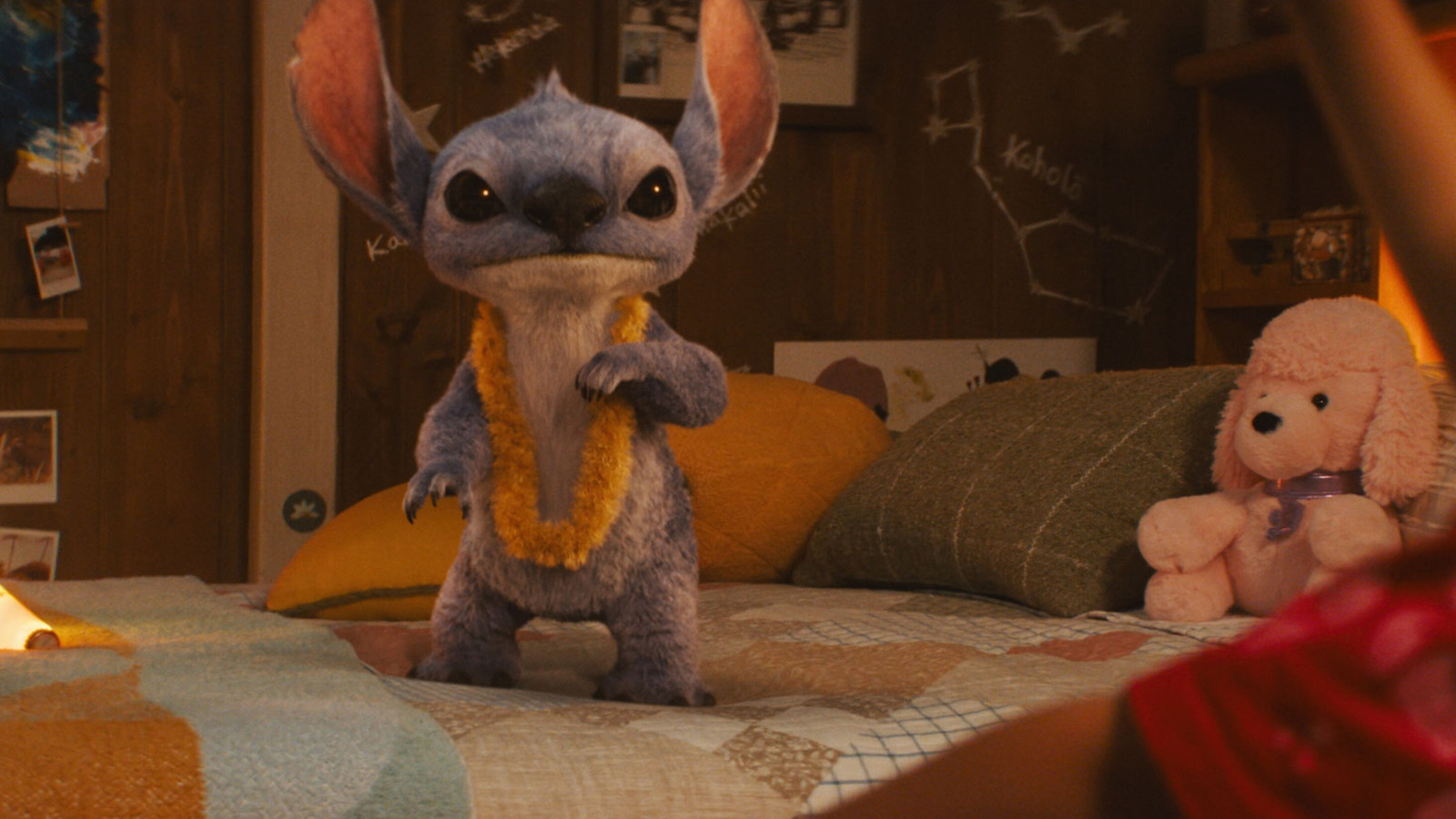
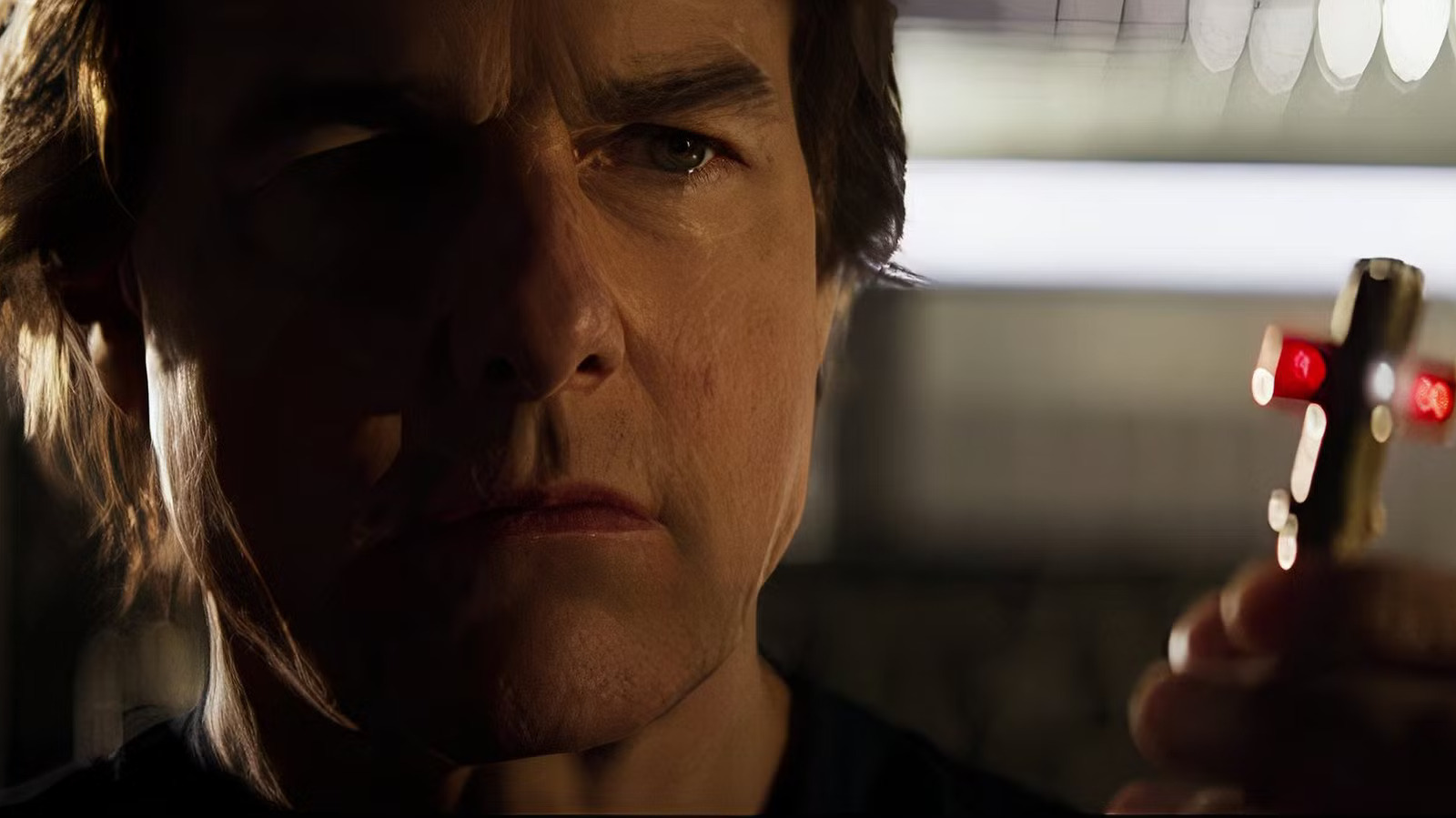
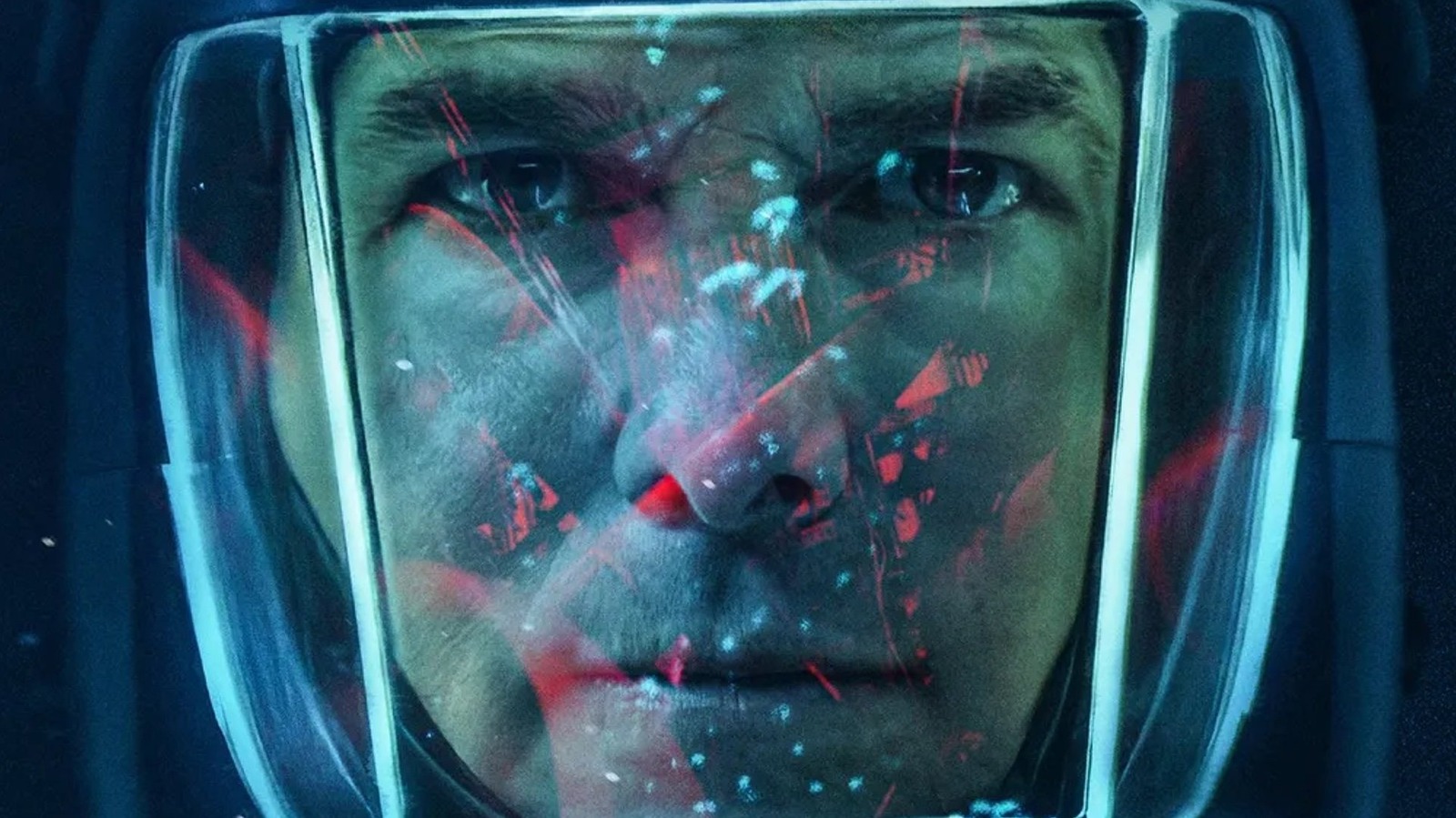










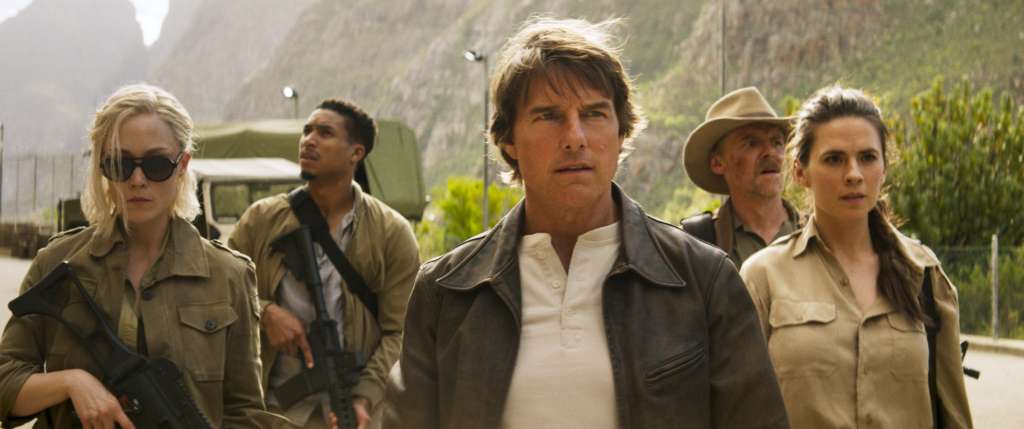

![‘Friendship’: Andrew DeYoung On Tim Robinson, Paul Rudd, & The Wildest, Cringiest Buddy Comedy Of The Year [The Discourse Podcast]](https://cdn.theplaylist.net/wp-content/uploads/2025/05/22133754/FRIENDSHIP-Poster.jpg)
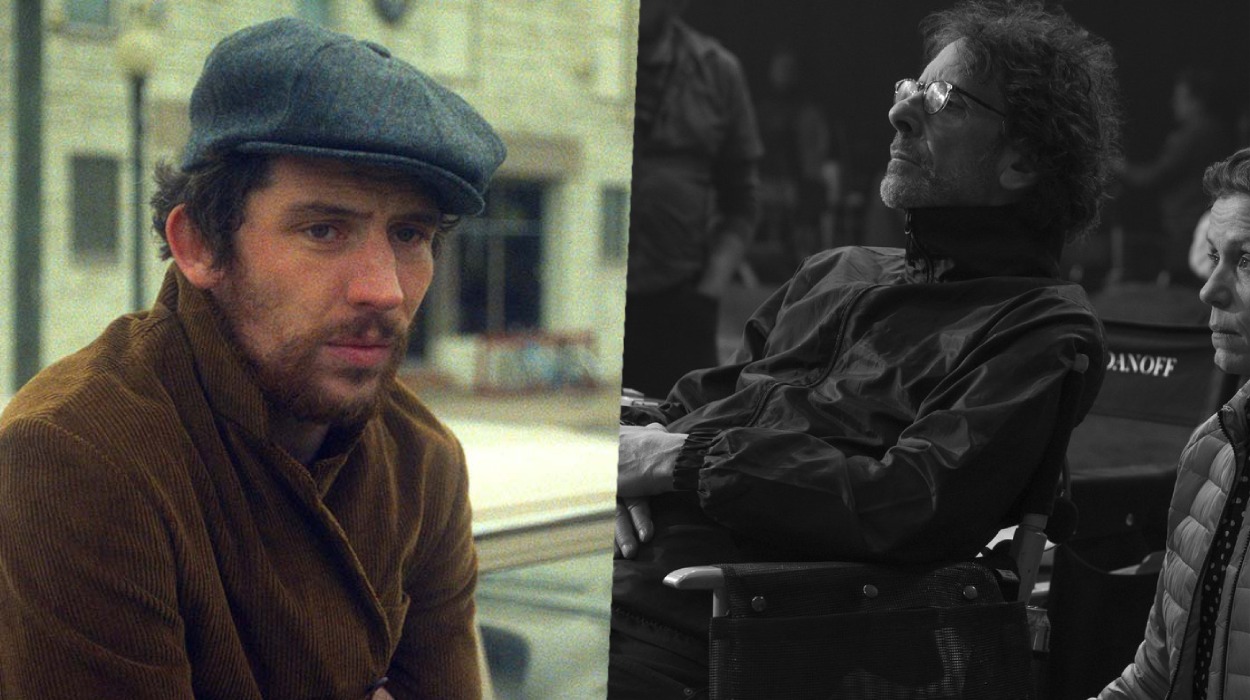


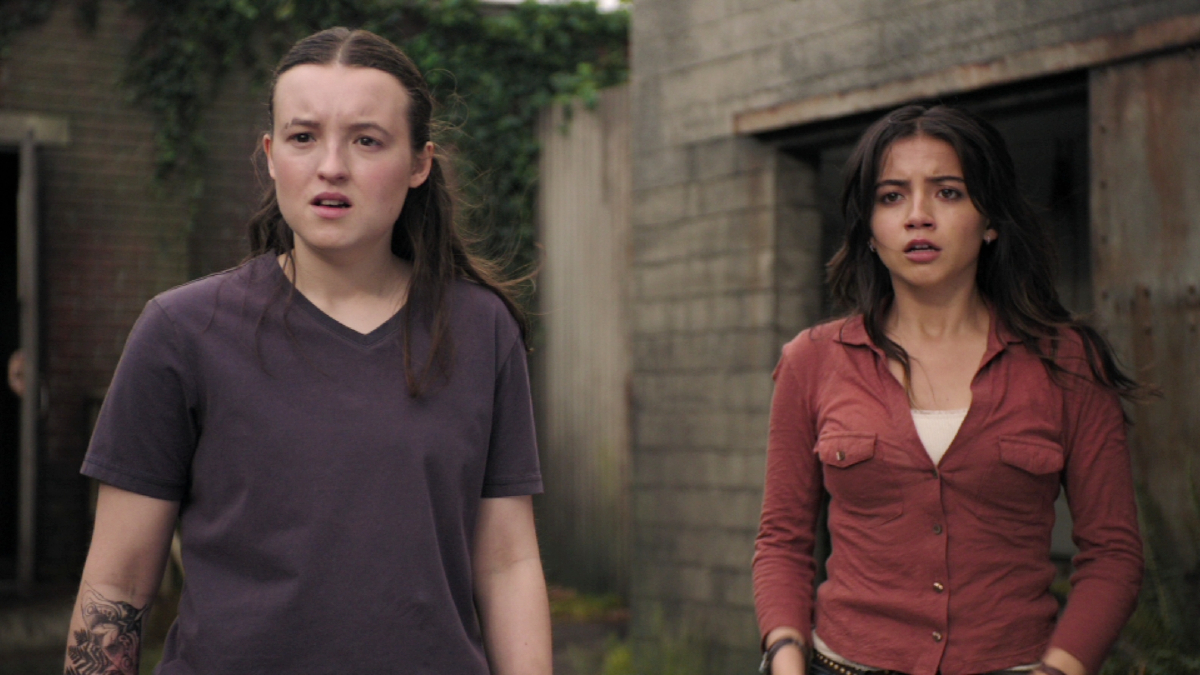
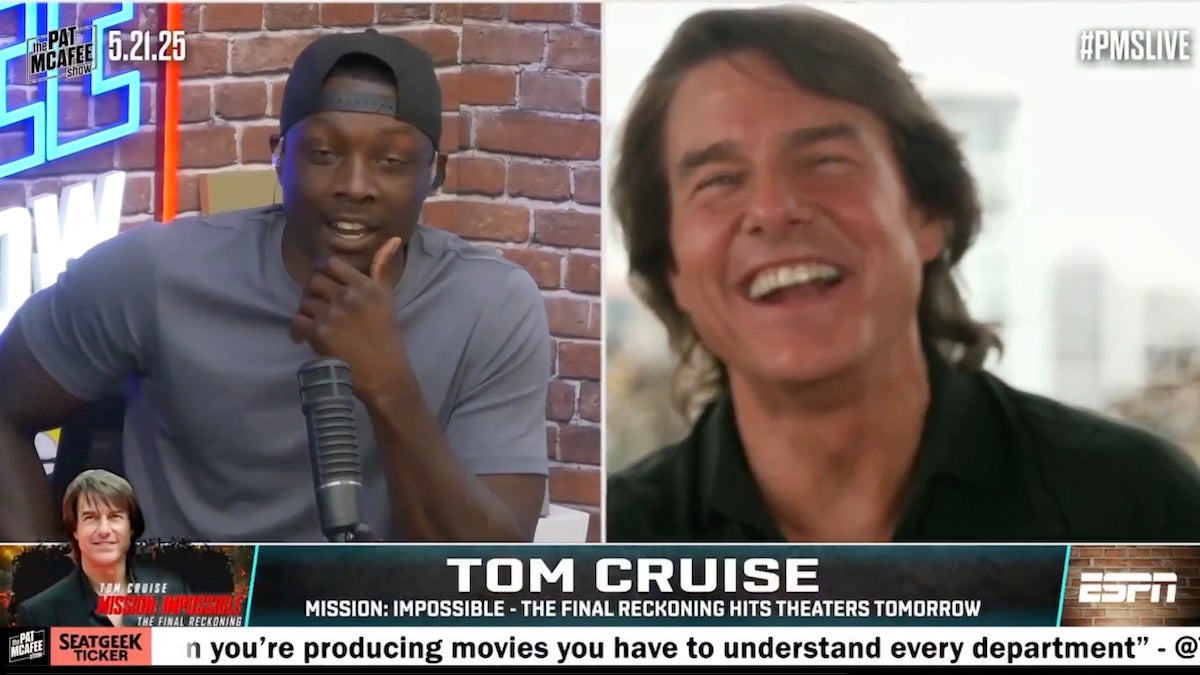




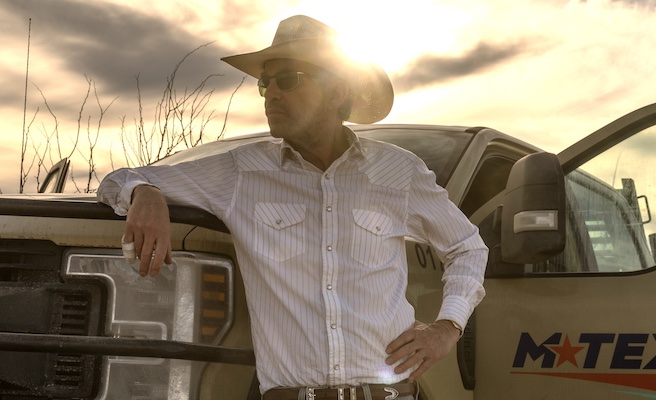




![They Flew $19,000 Business Class—Here’s What I Think Denver Airport Execs Were Really Doing [Roundup]](https://viewfromthewing.com/wp-content/uploads/2015/10/Denver_international_airport.jpg?#)









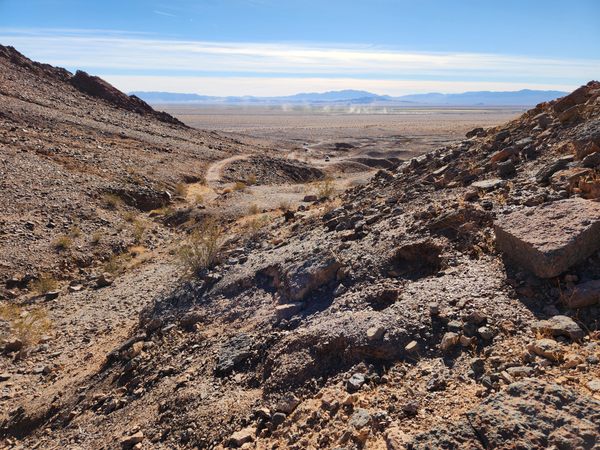






















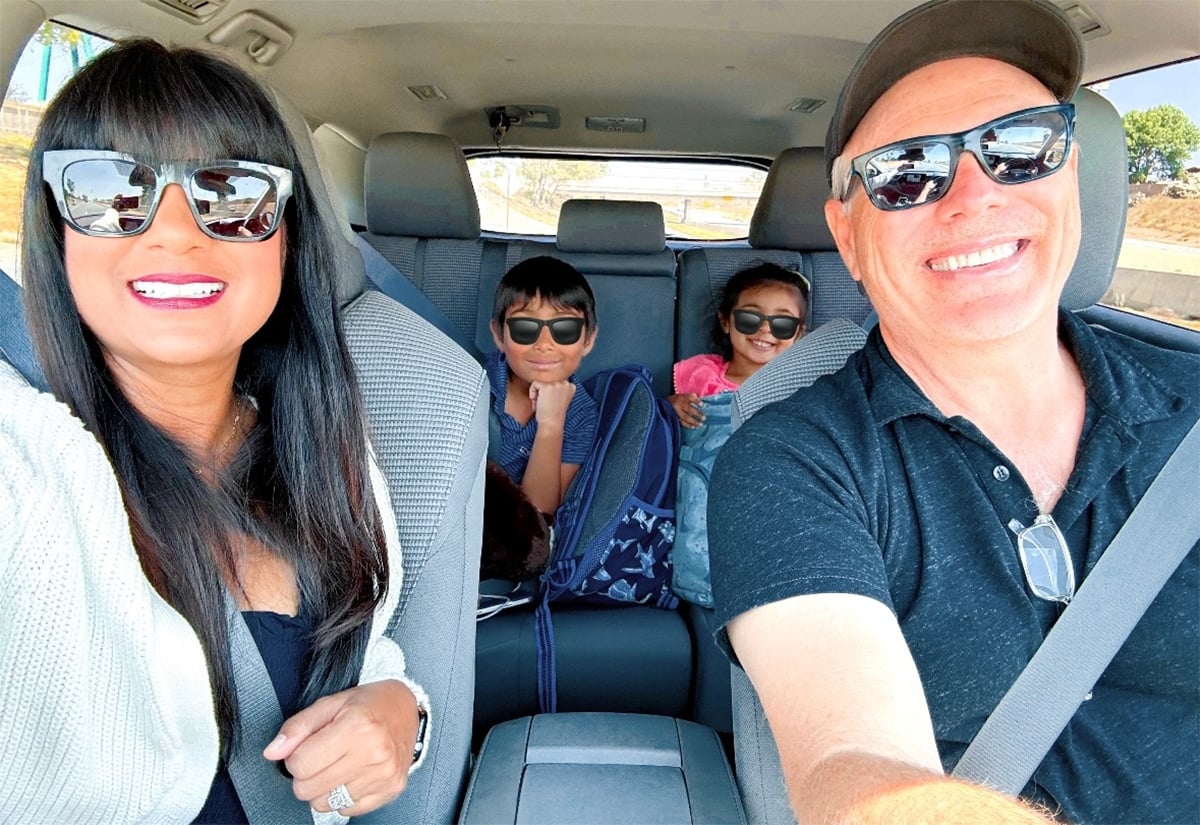












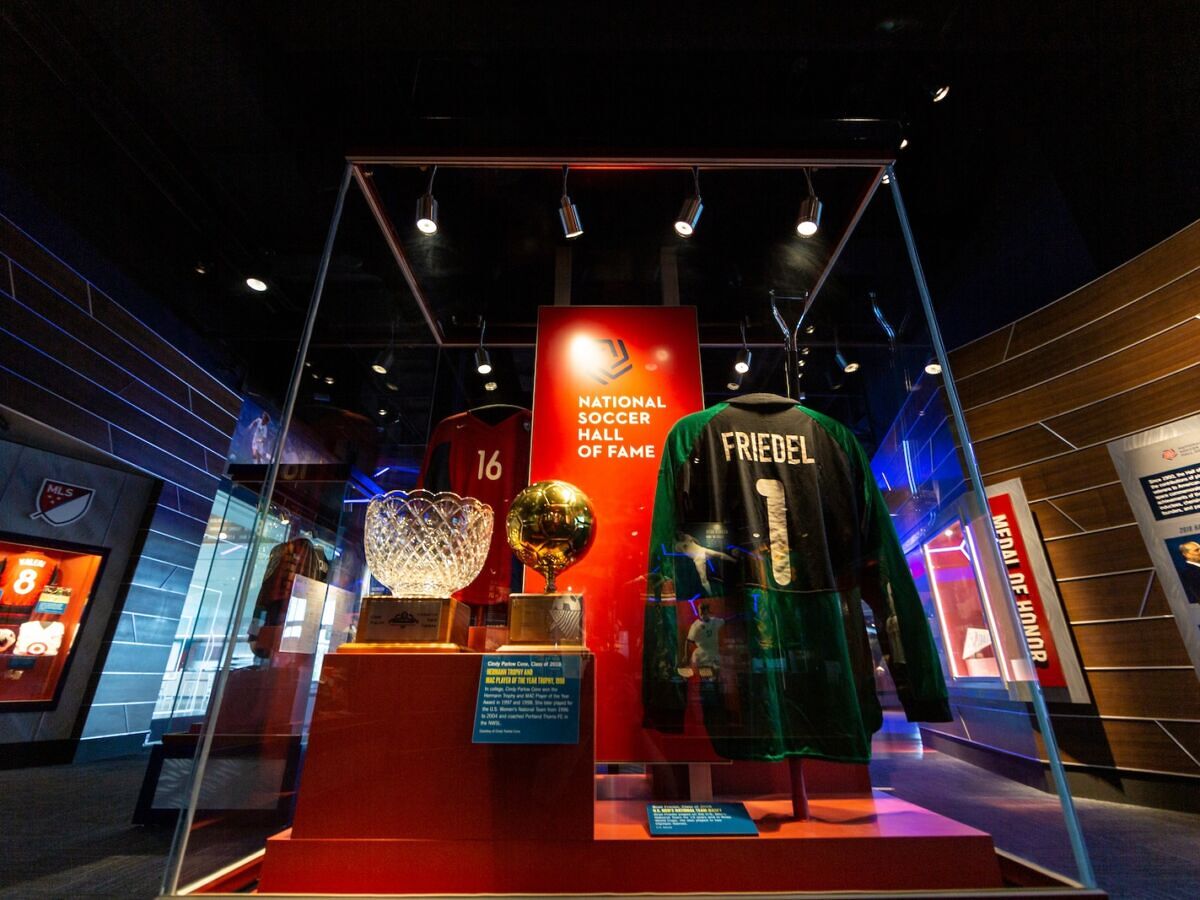




























































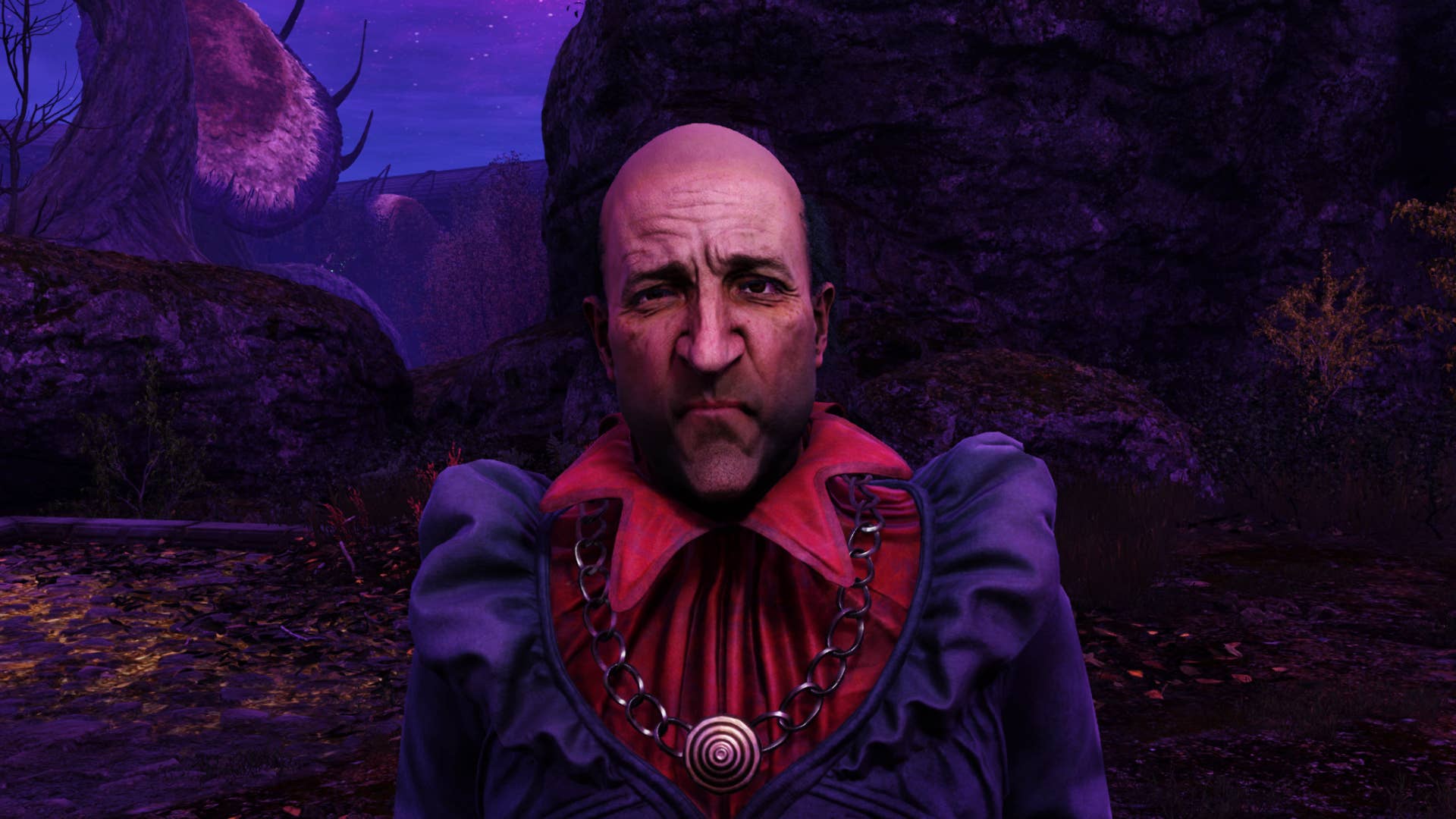





-1-52-screenshot.png?width=1920&height=1920&fit=bounds&quality=70&format=jpg&auto=webp#)

.png?width=1920&height=1920&fit=bounds&quality=70&format=jpg&auto=webp#)



















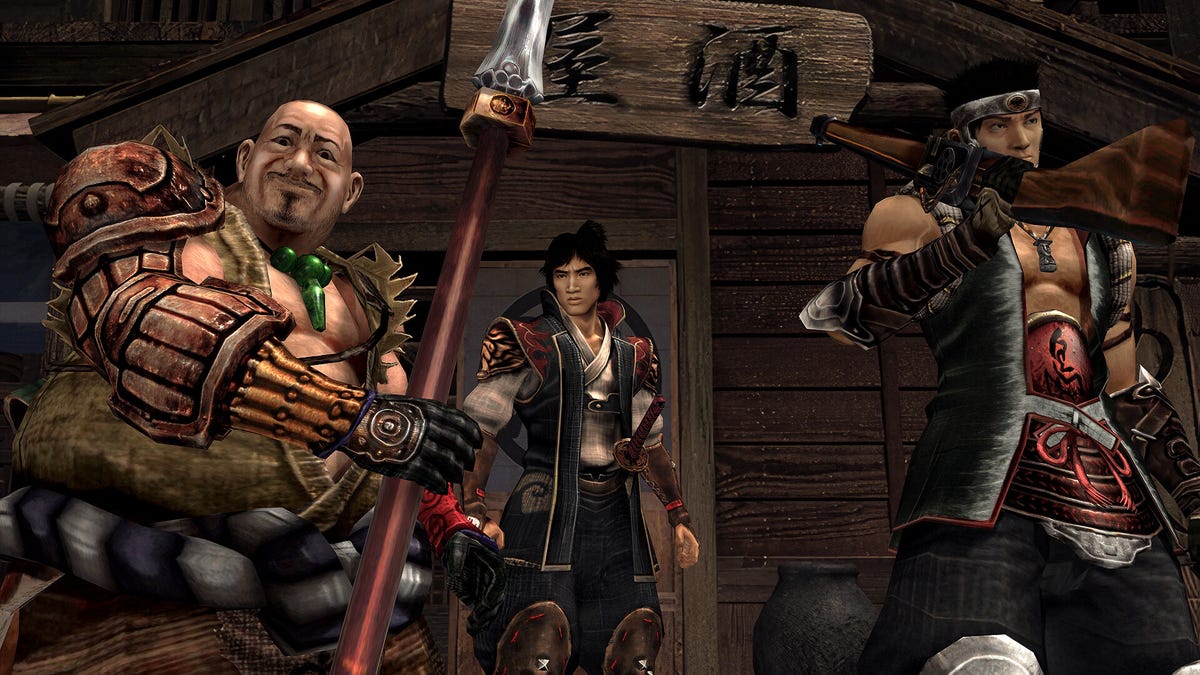






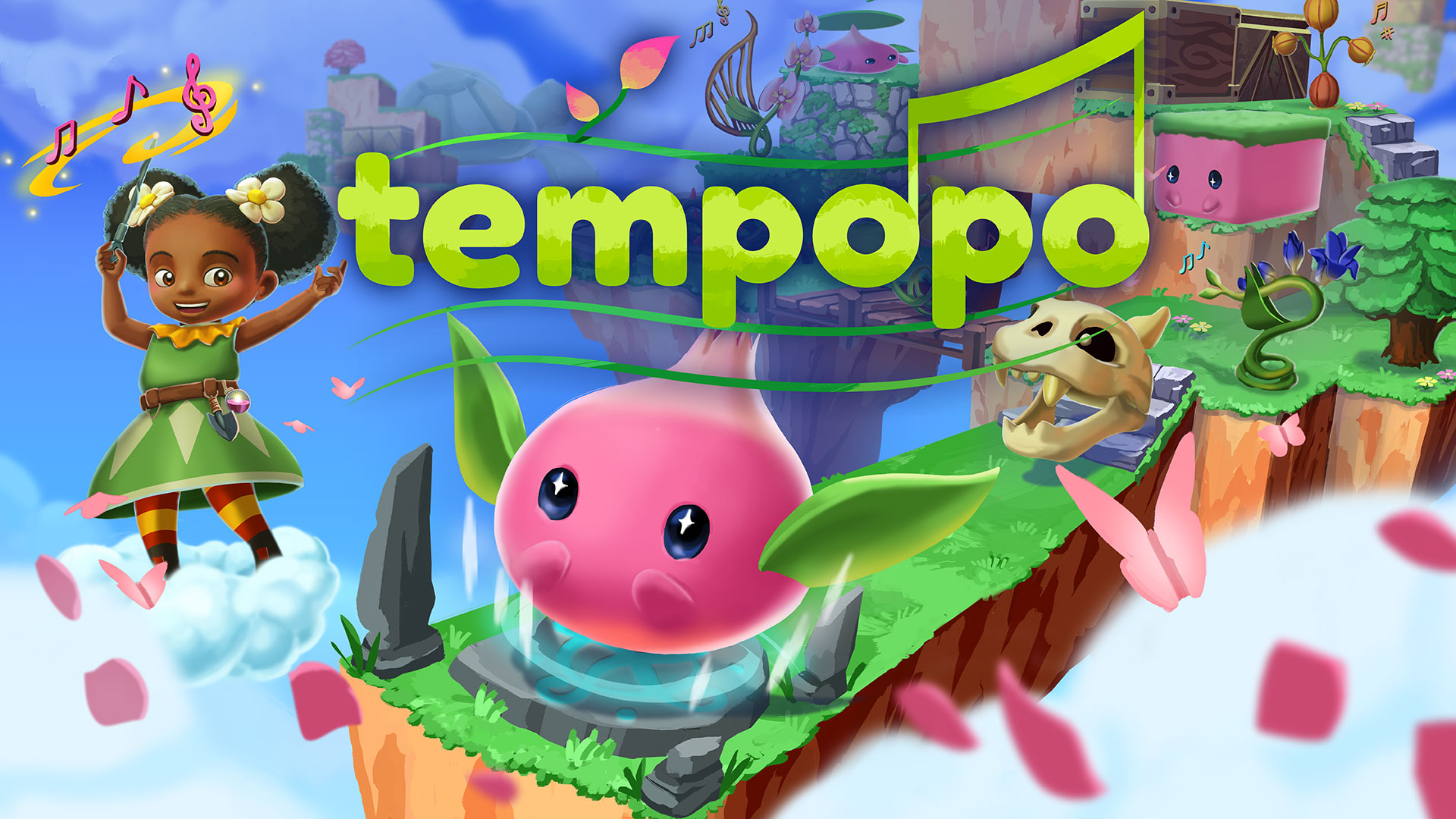
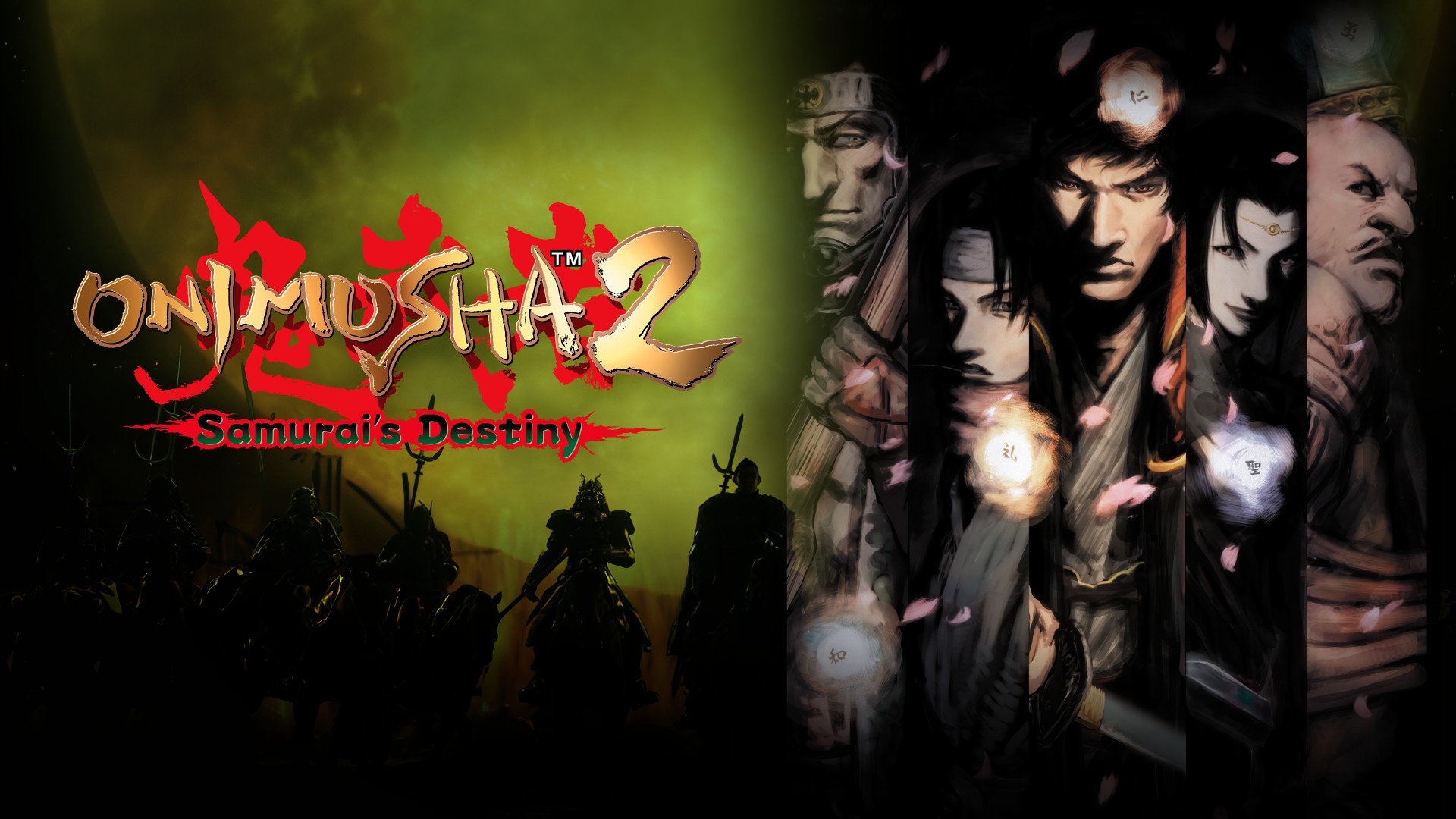
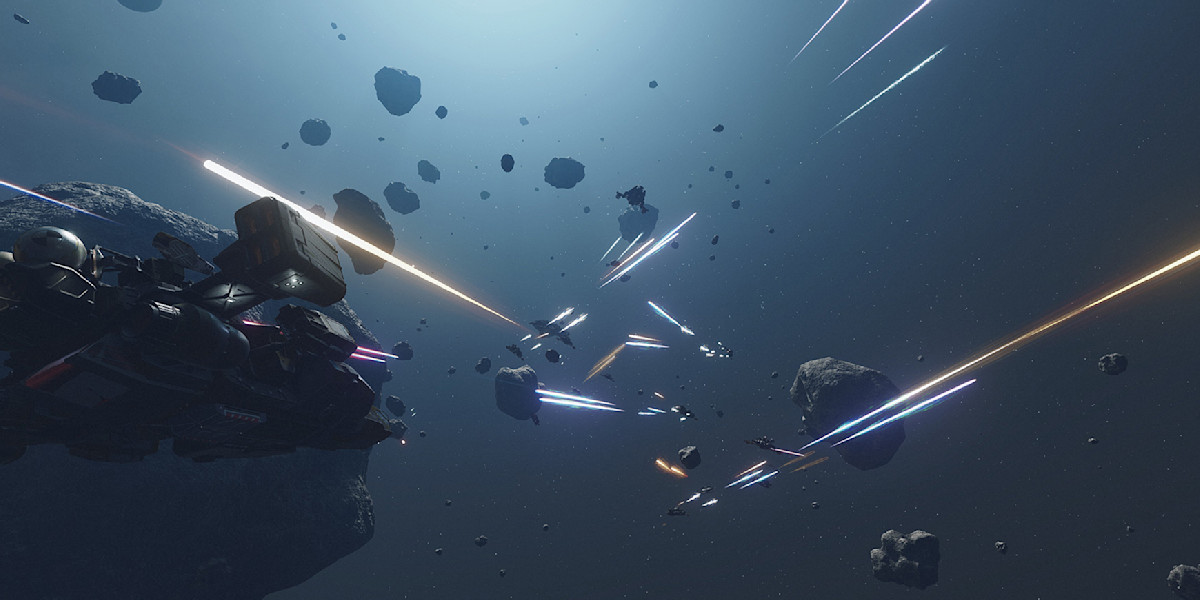




















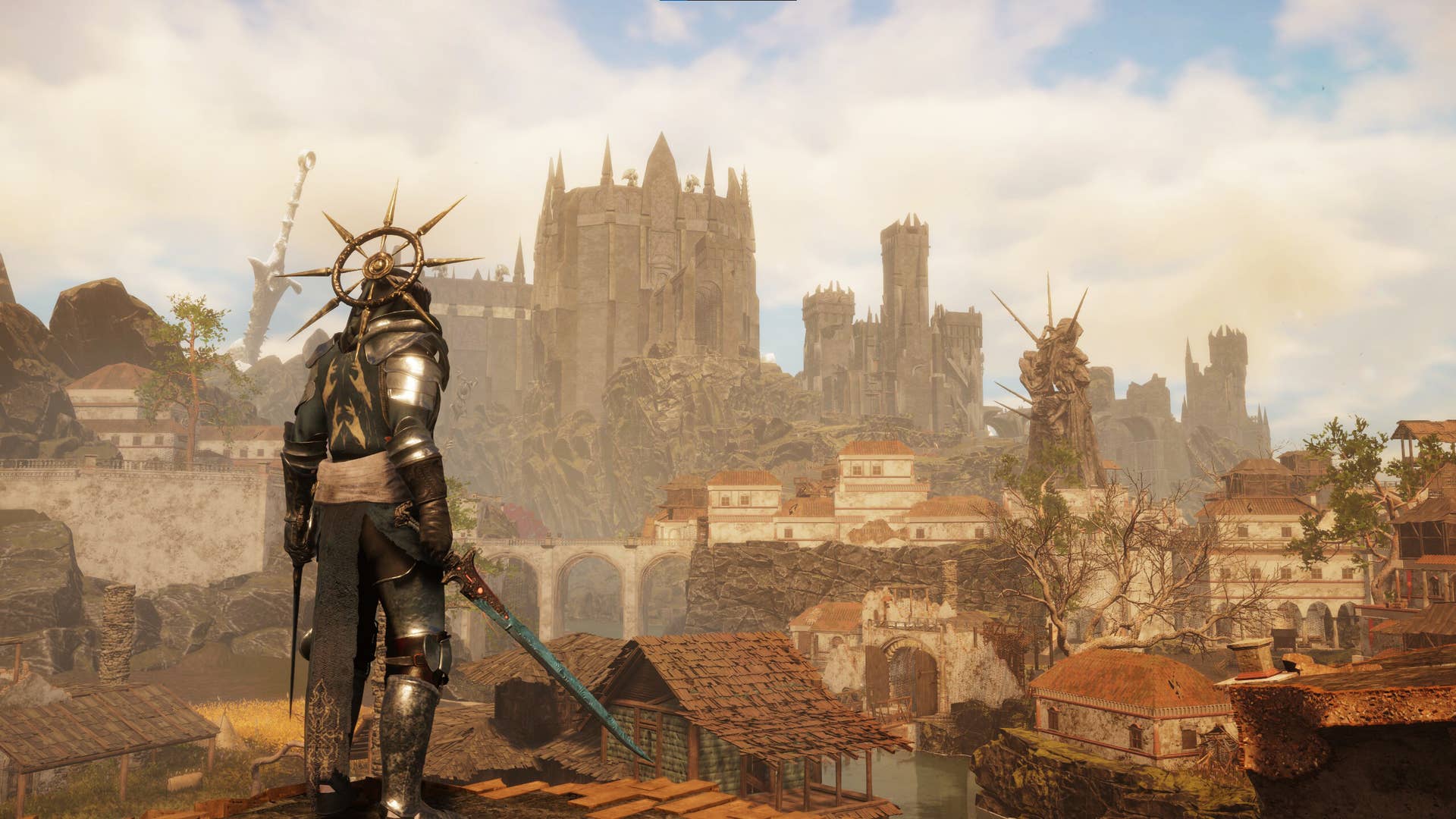
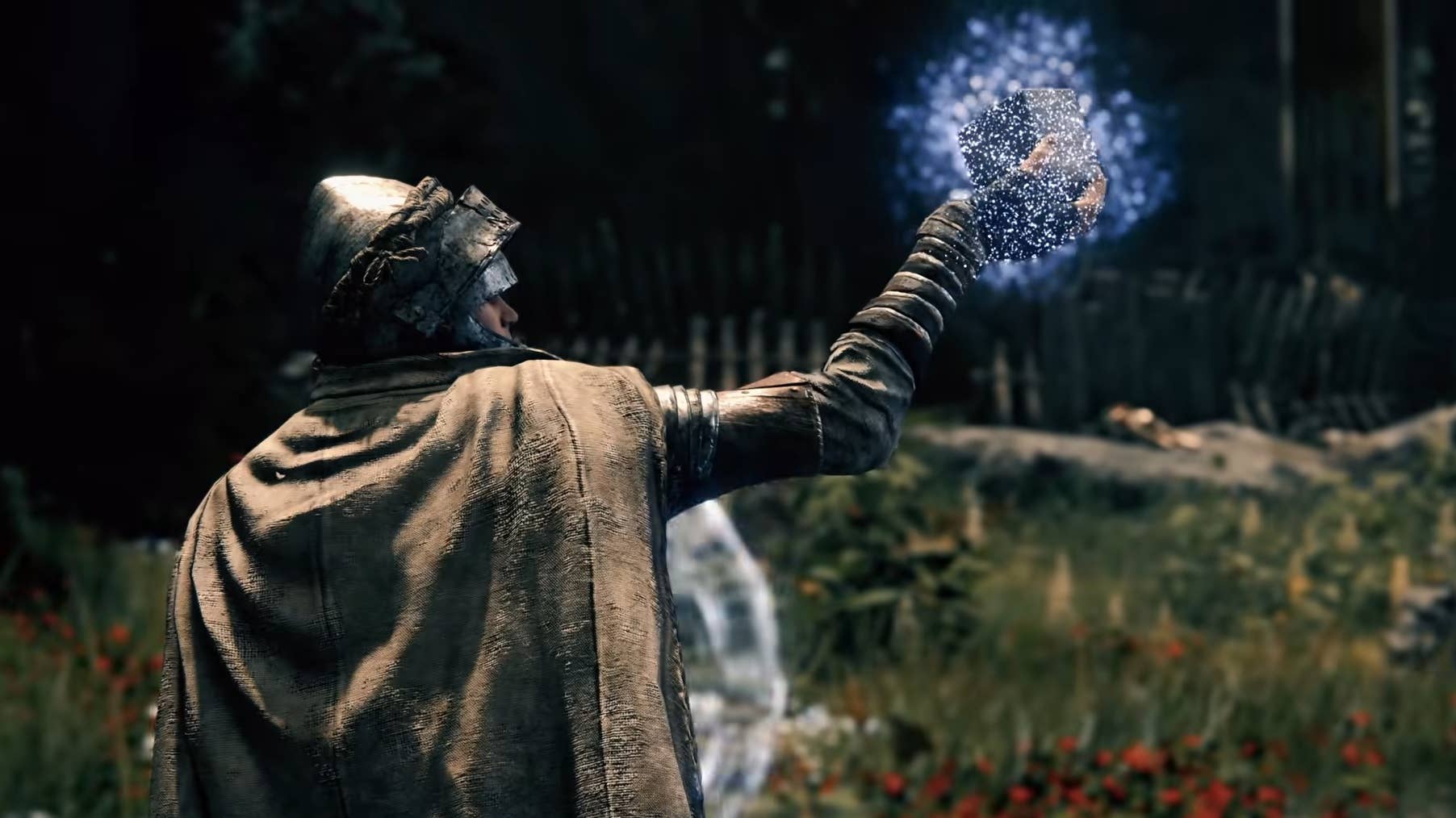

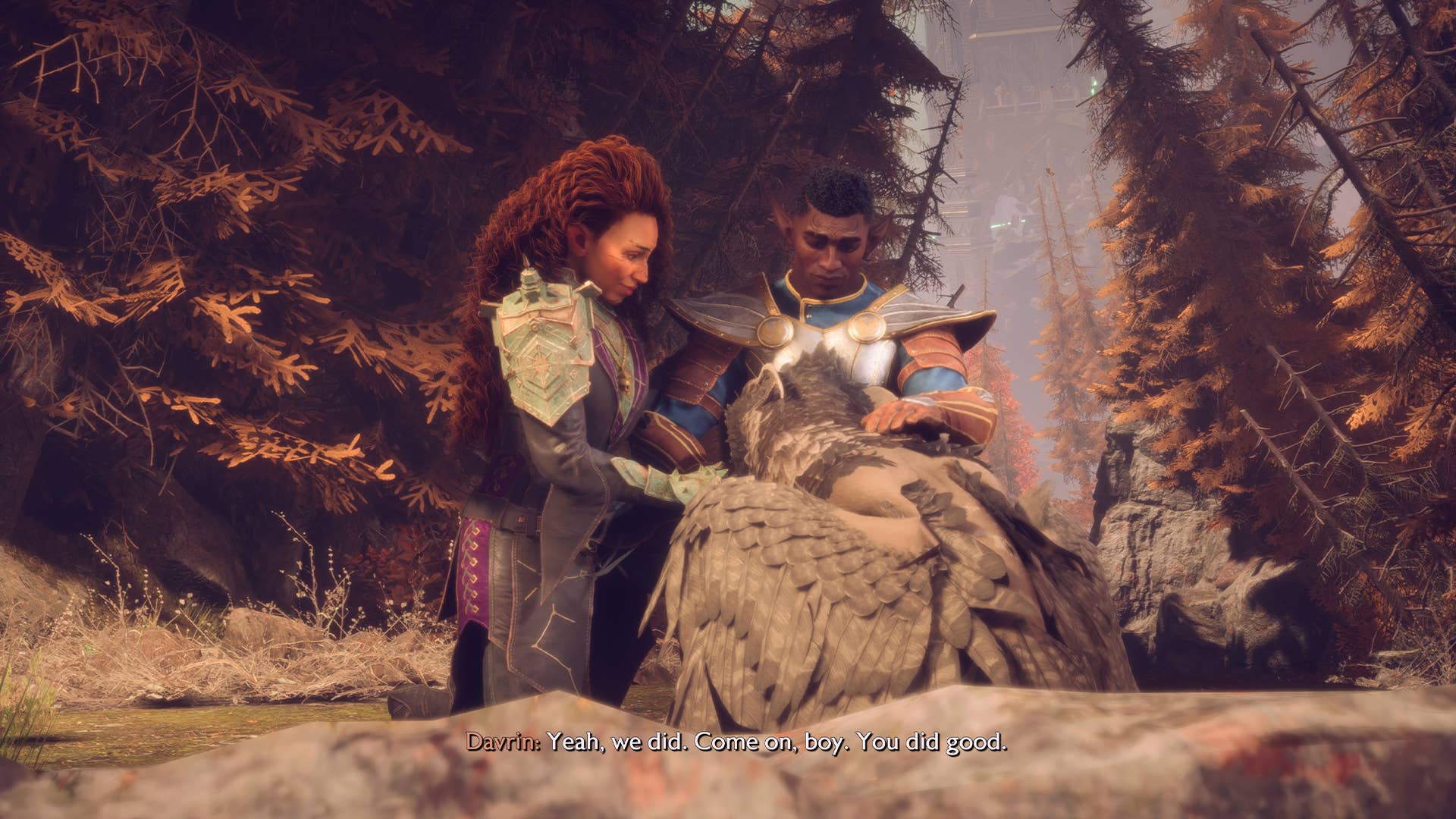



















































































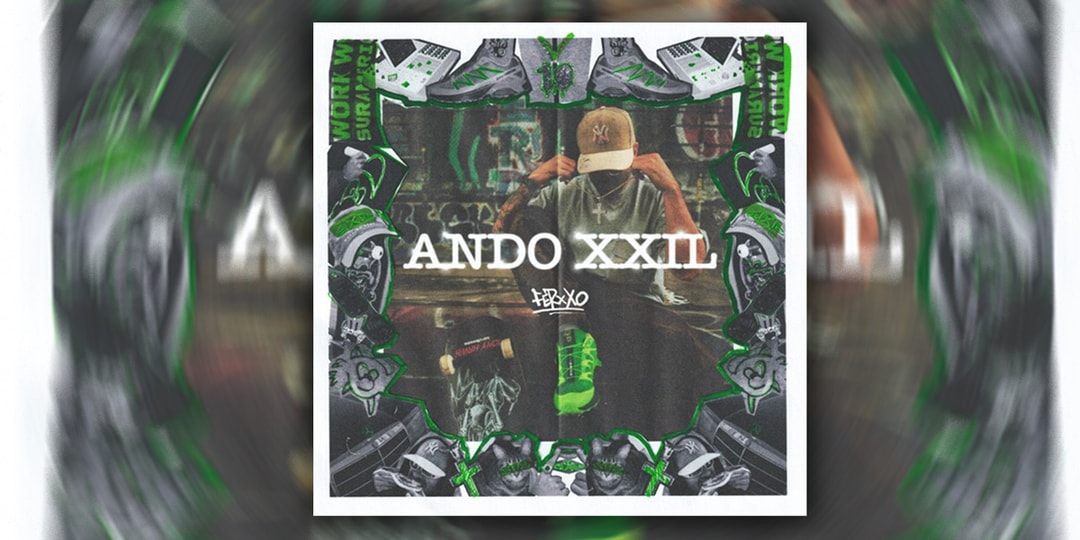




![[Podcast] Making Brands Relevant: How to Connect Culture, Creativity & Commerce with Cyril Louis](https://justcreative.com/wp-content/uploads/2025/05/cyril-lewis-podcast-29.png)










